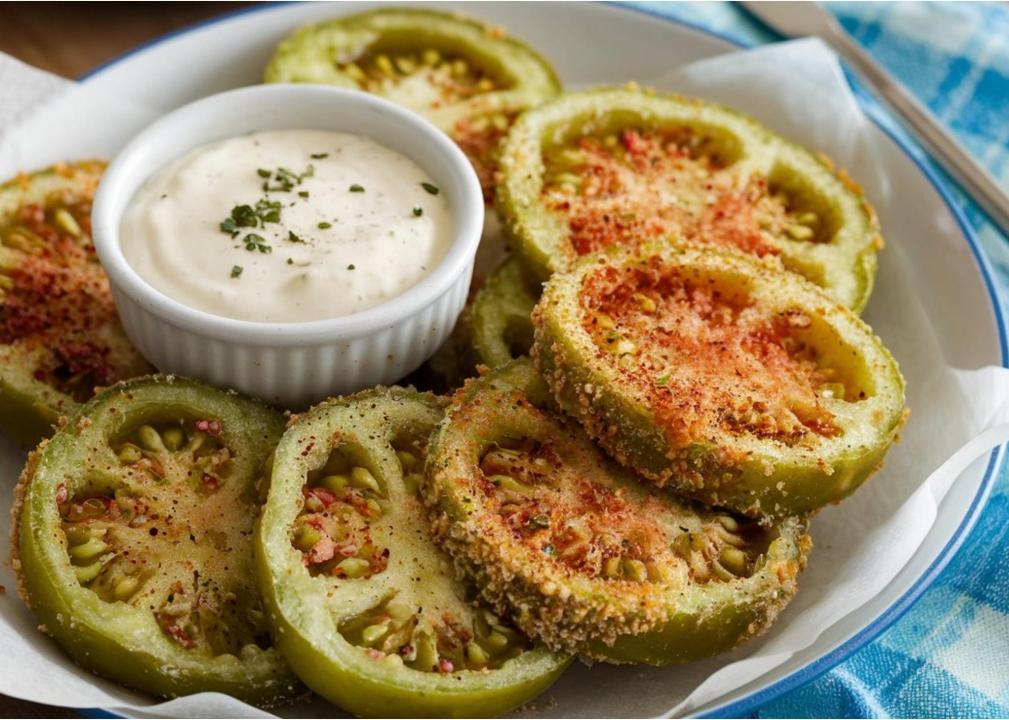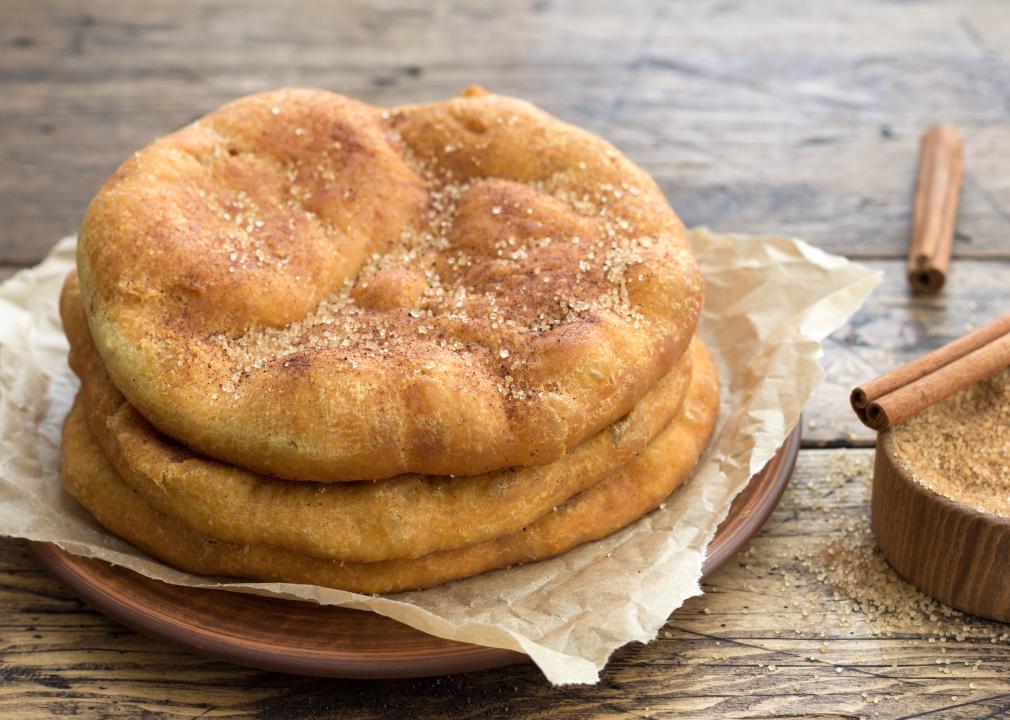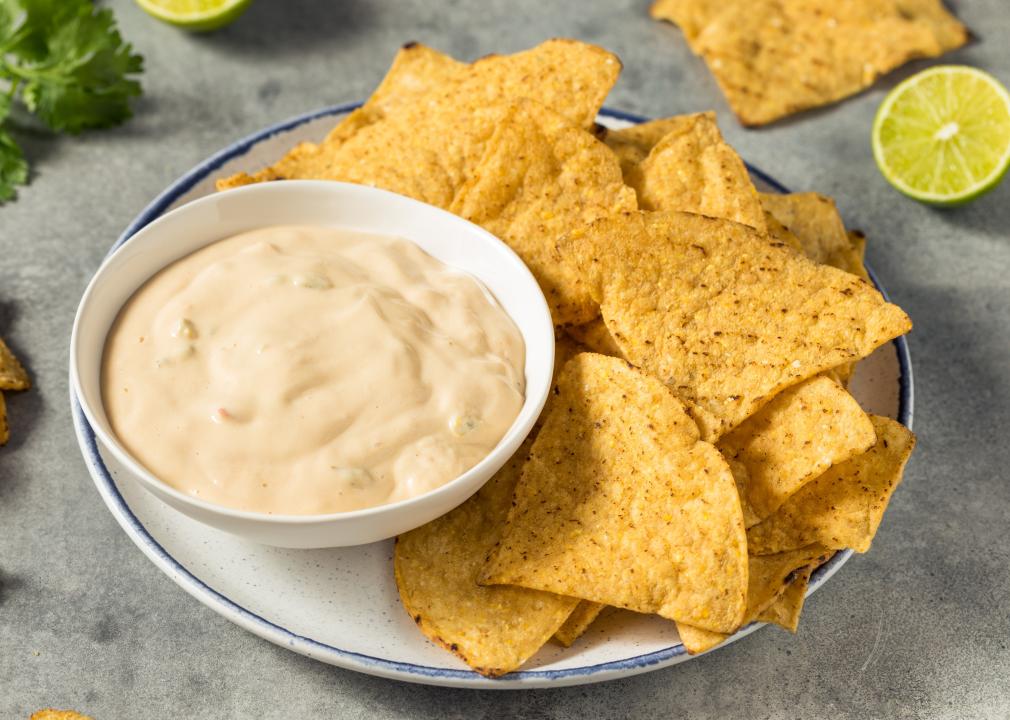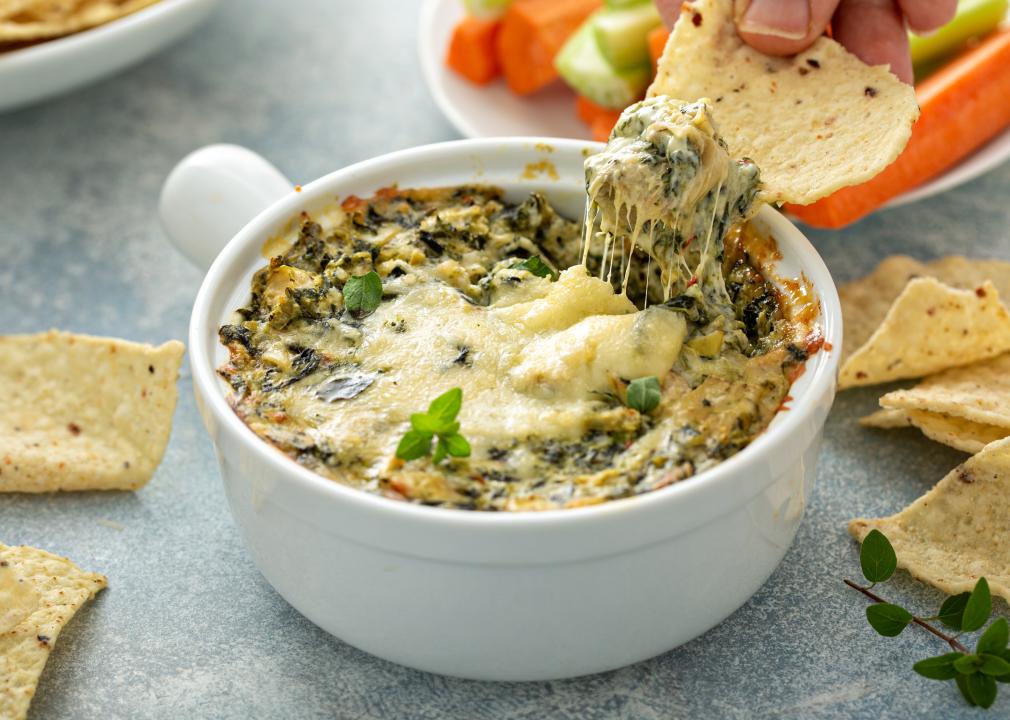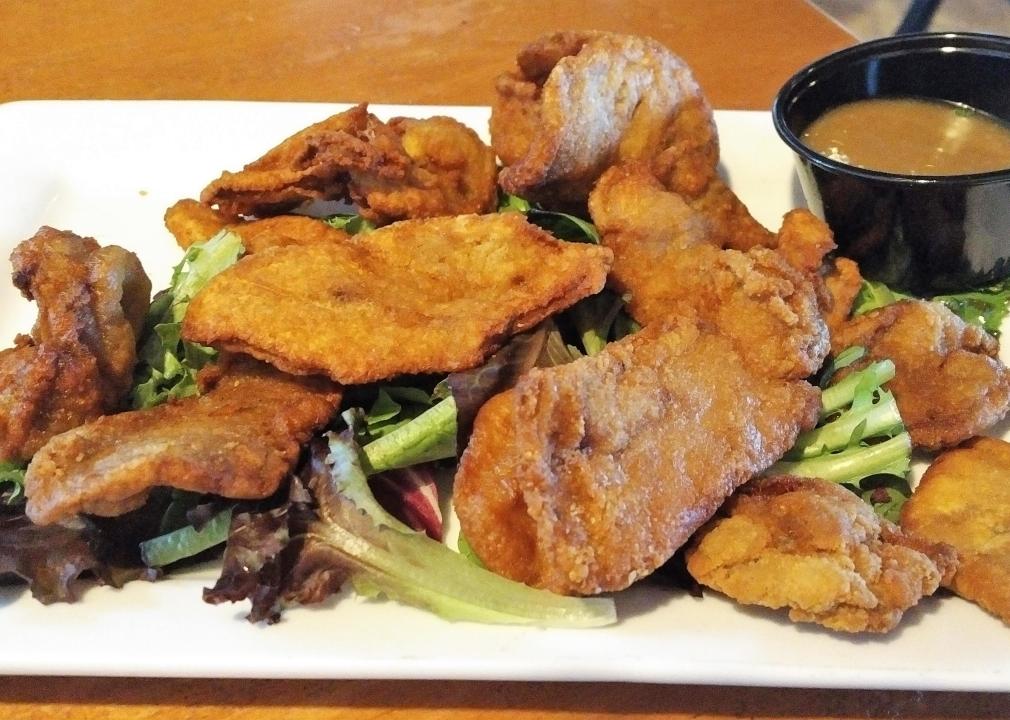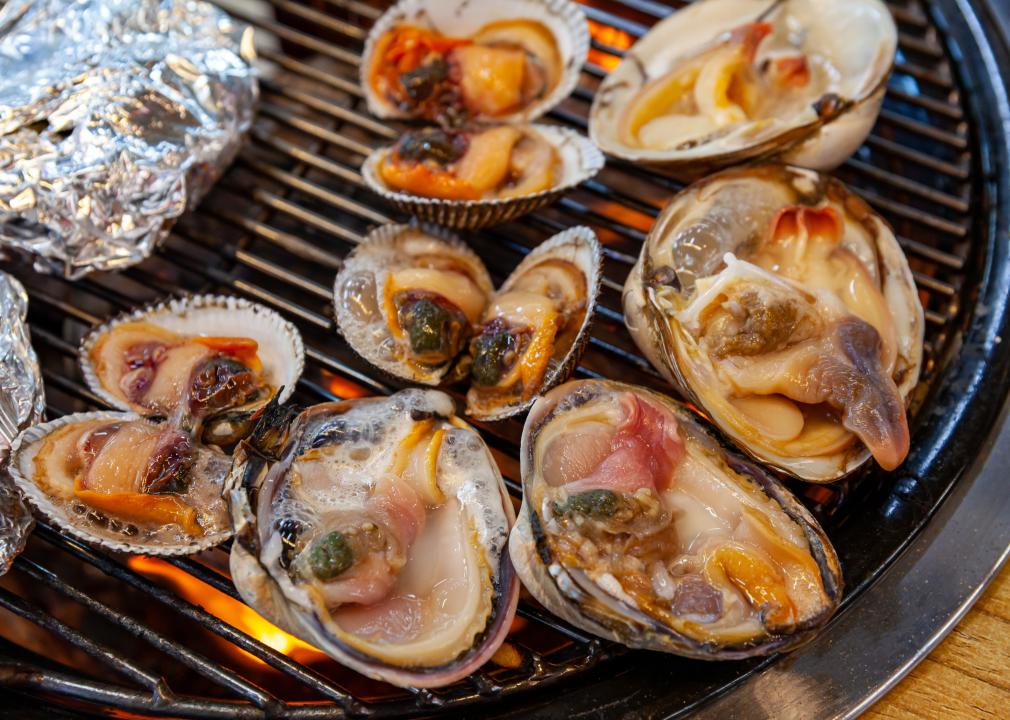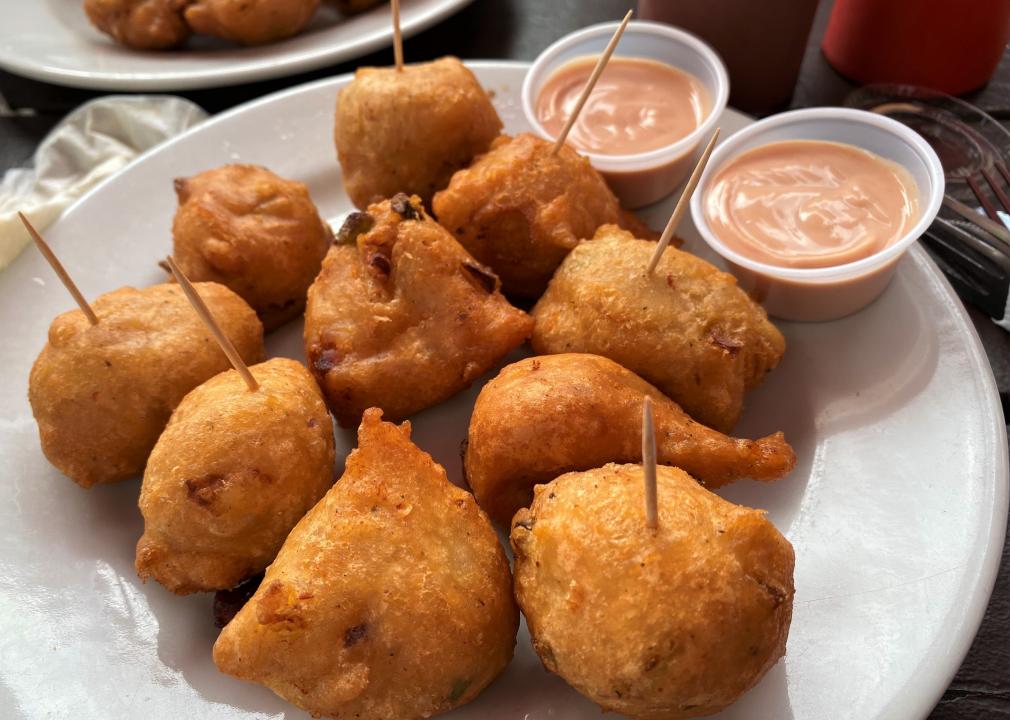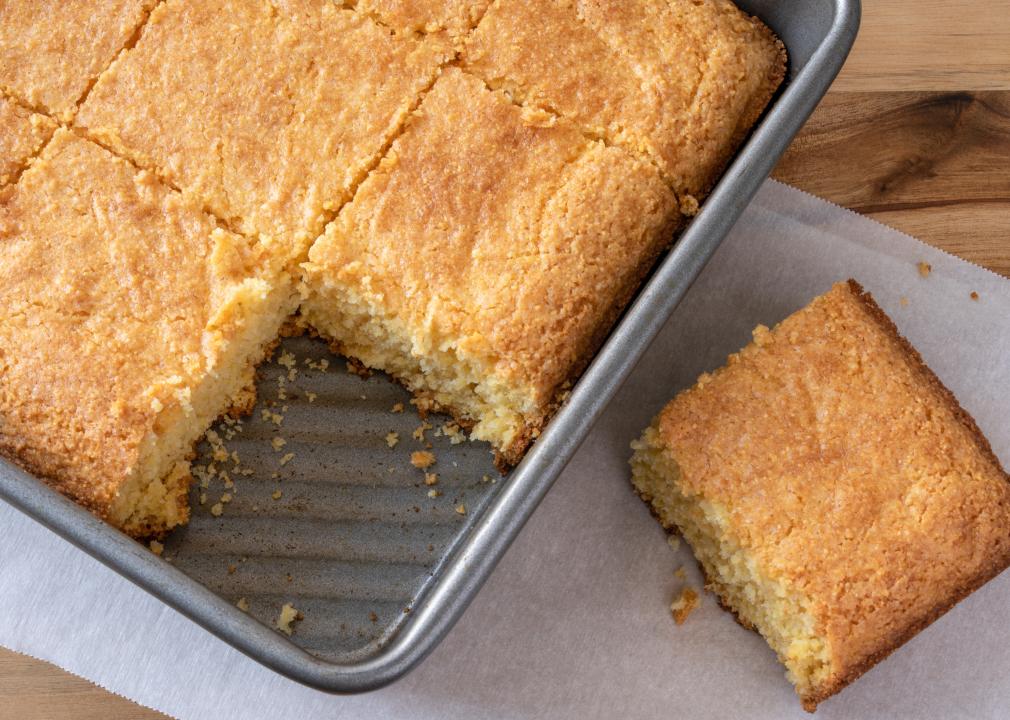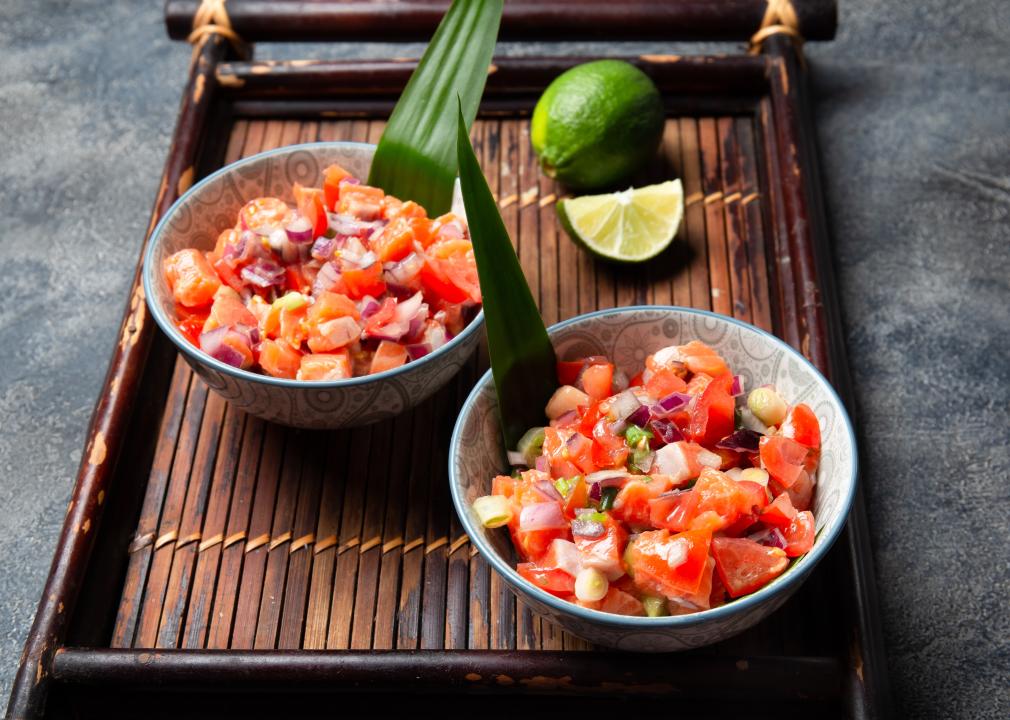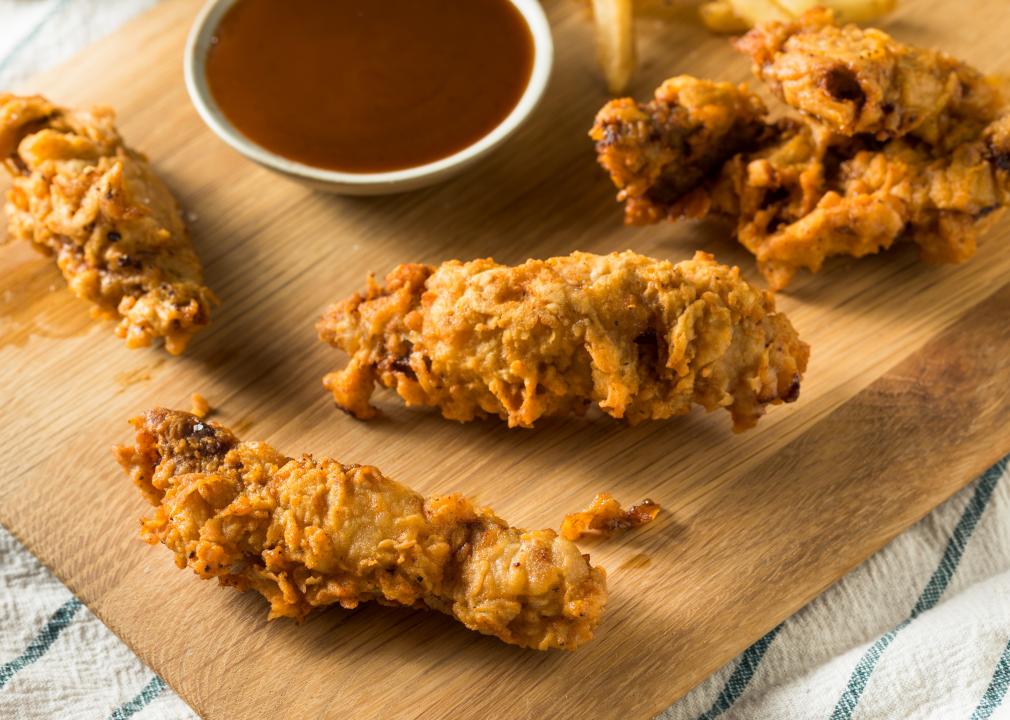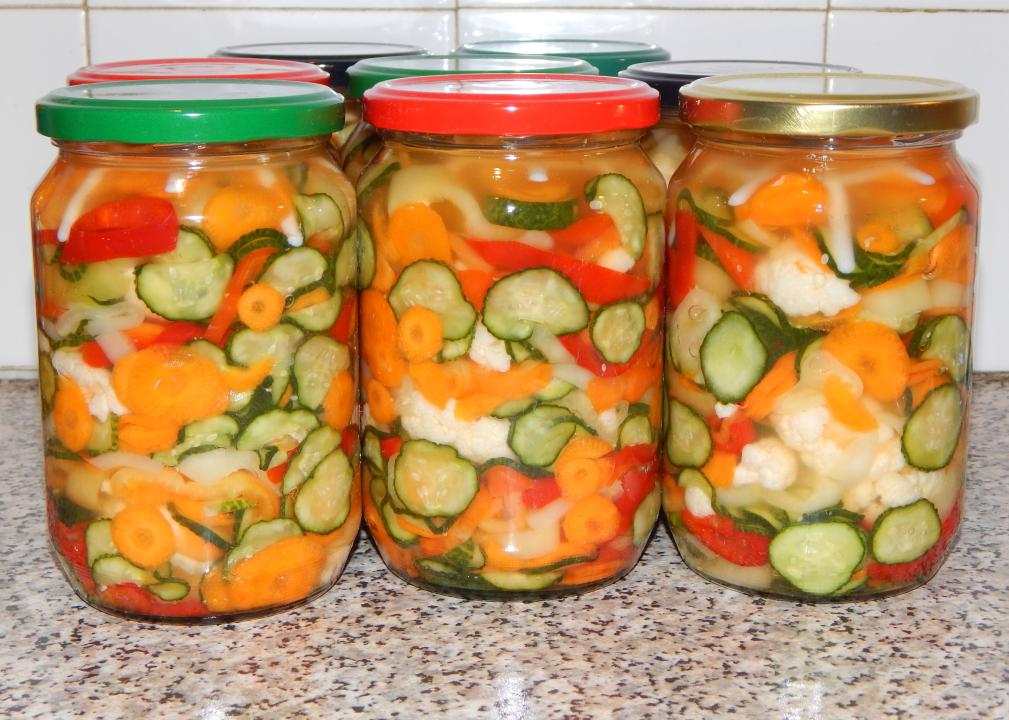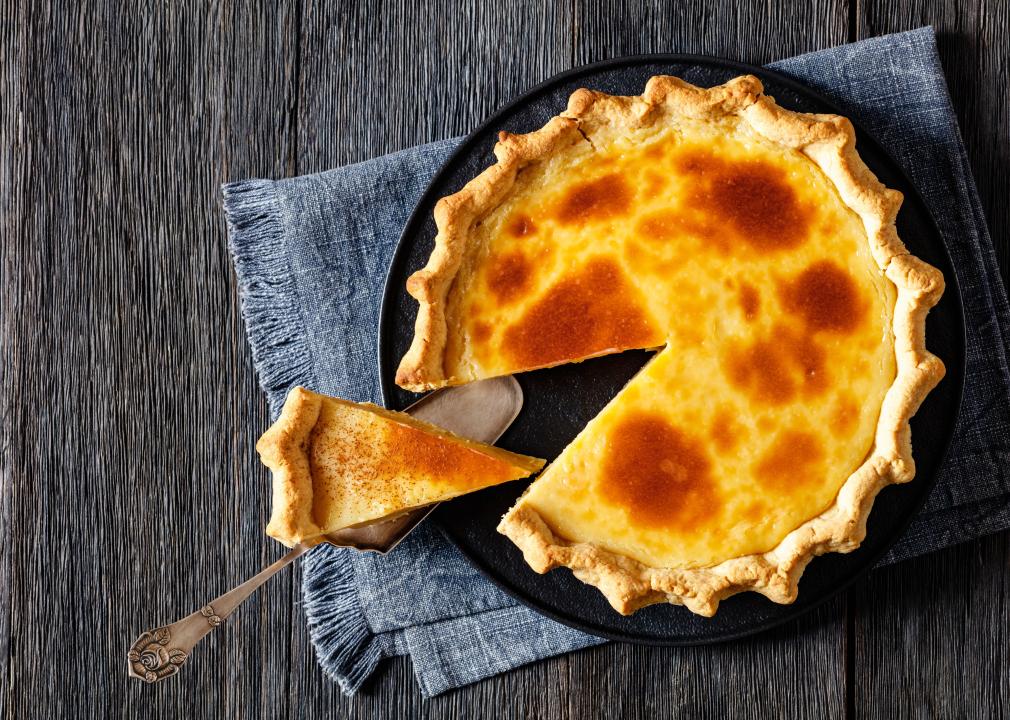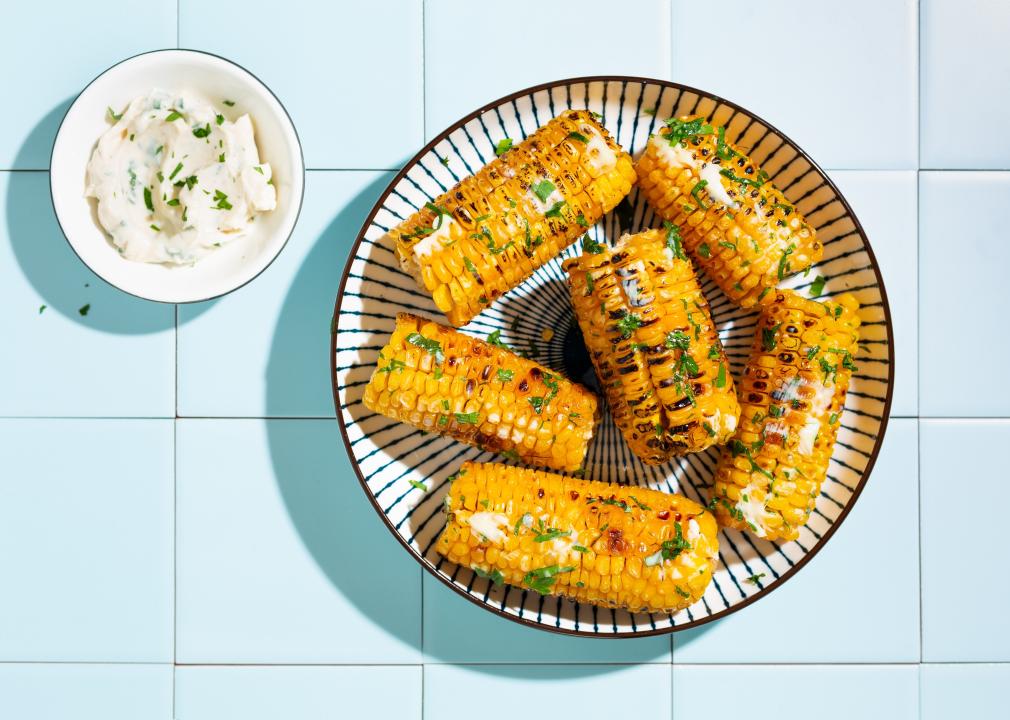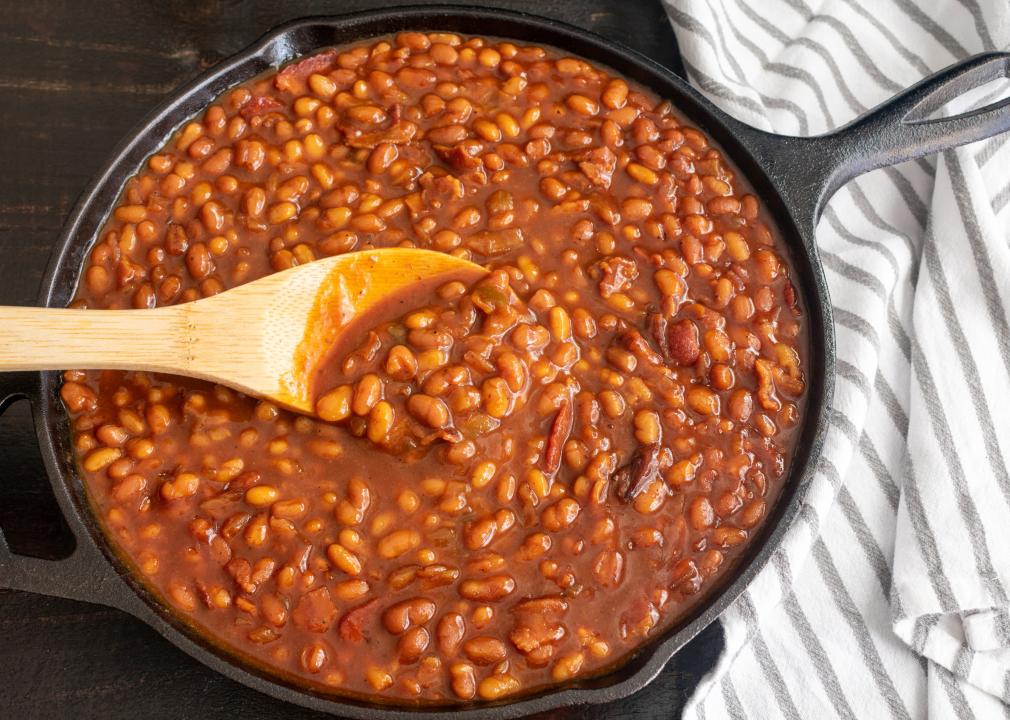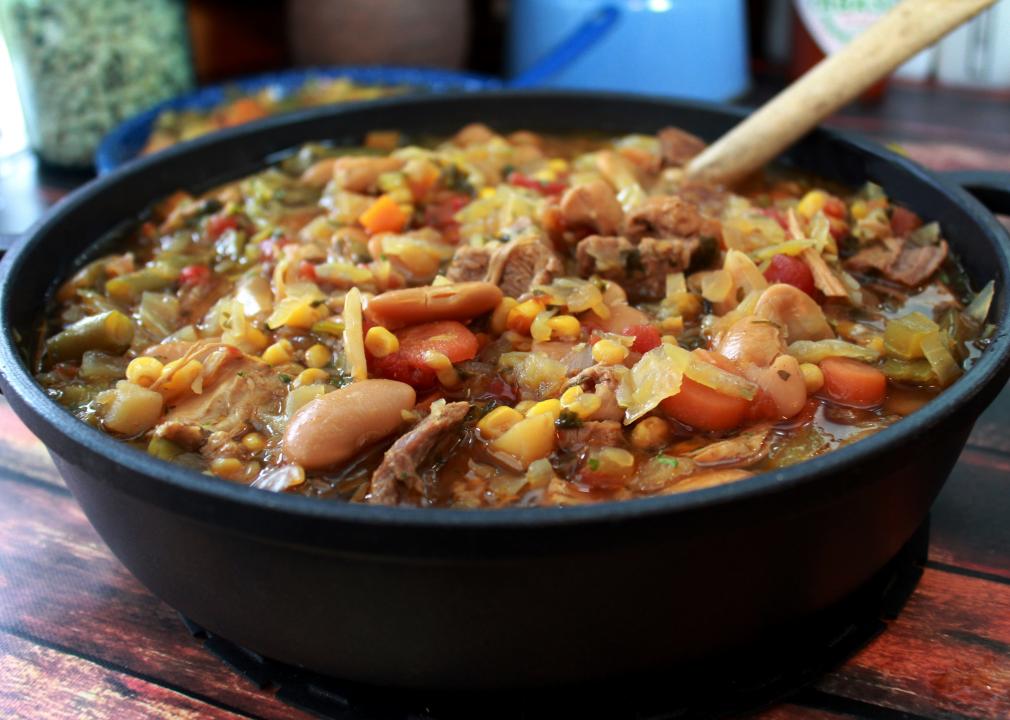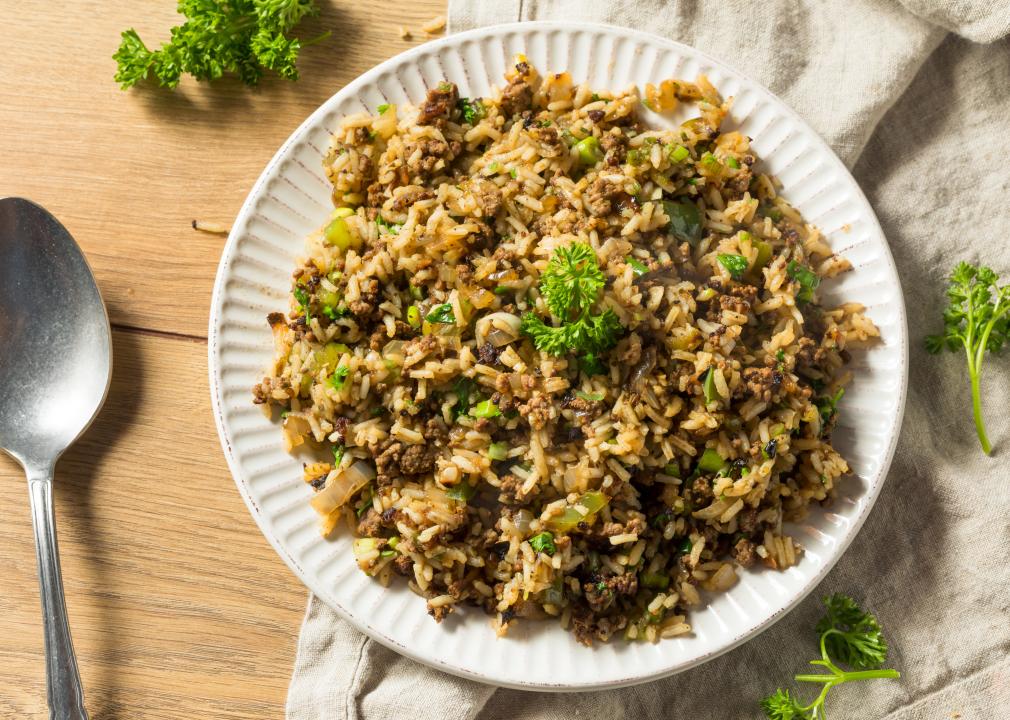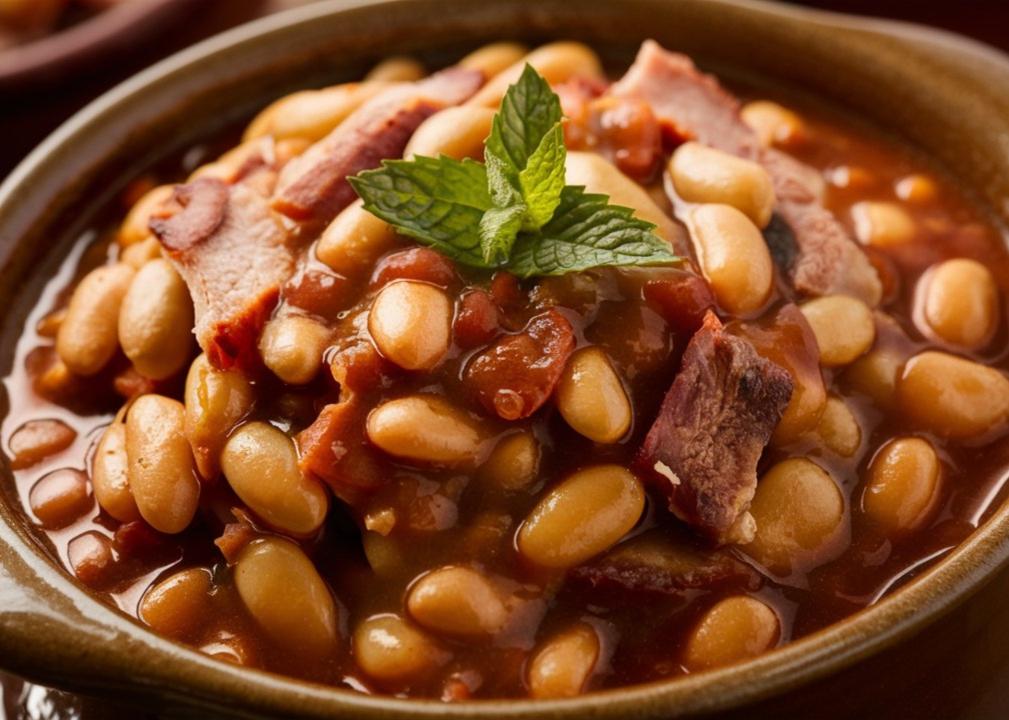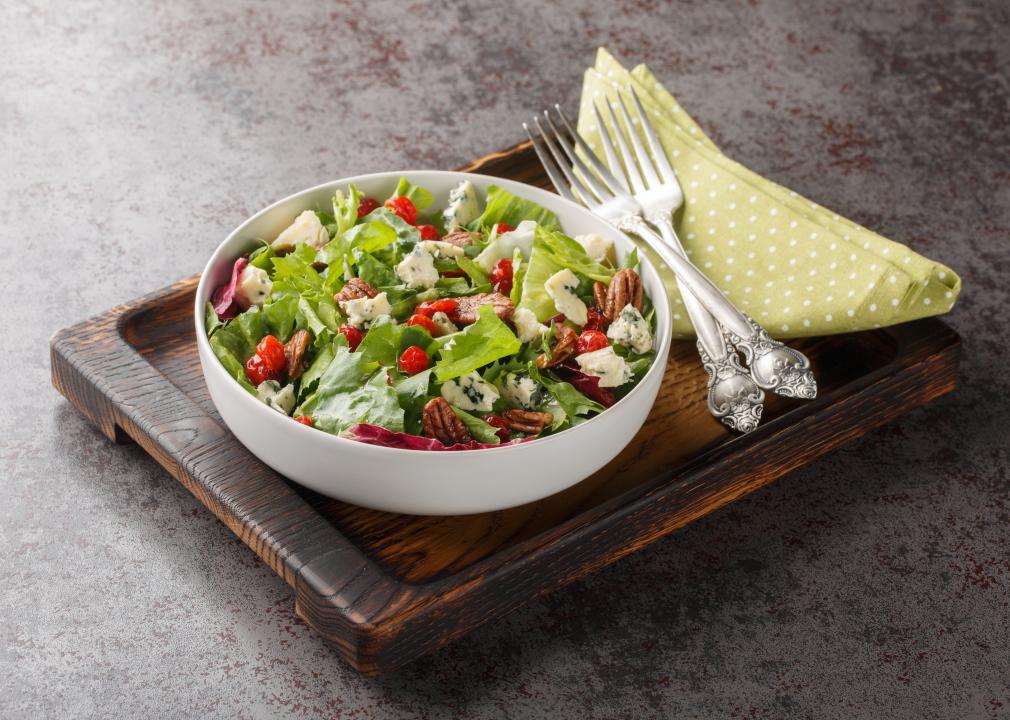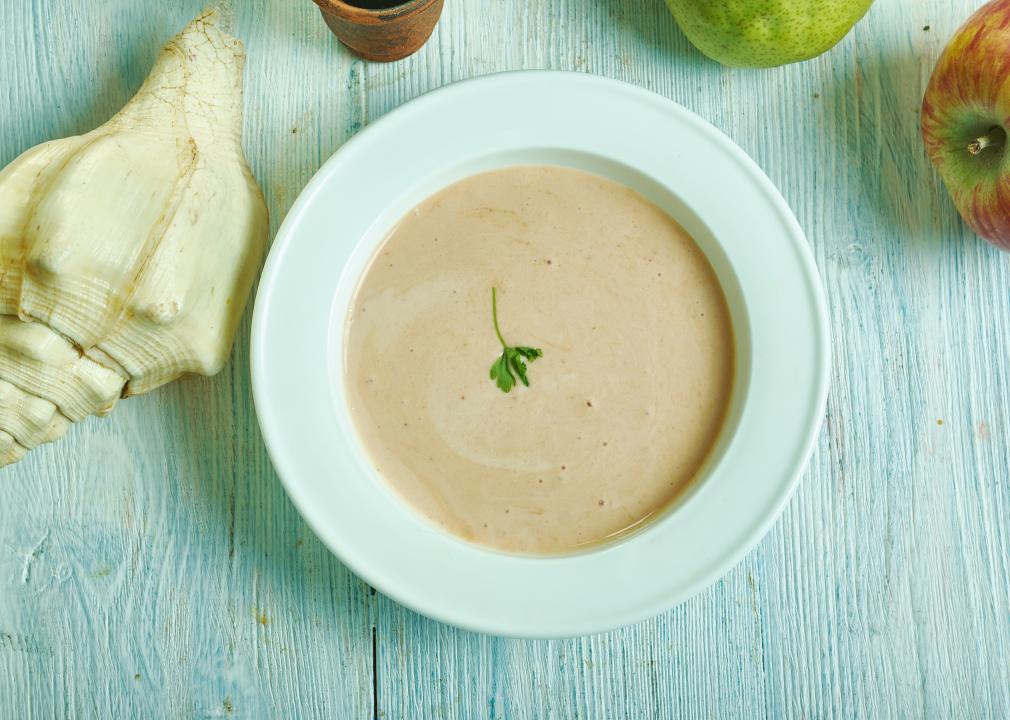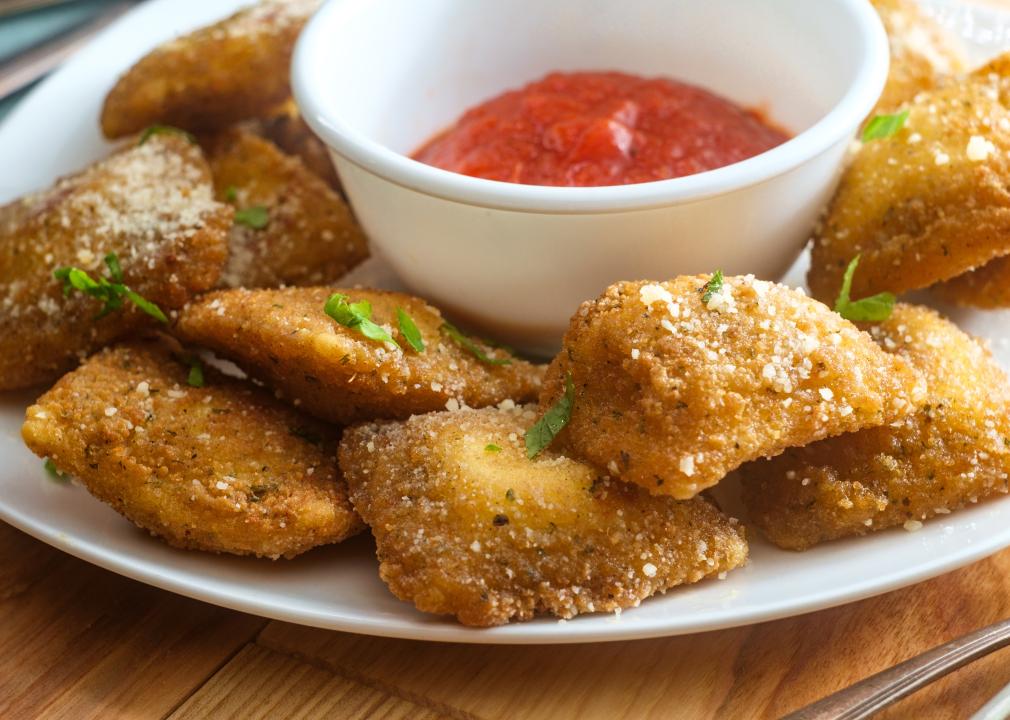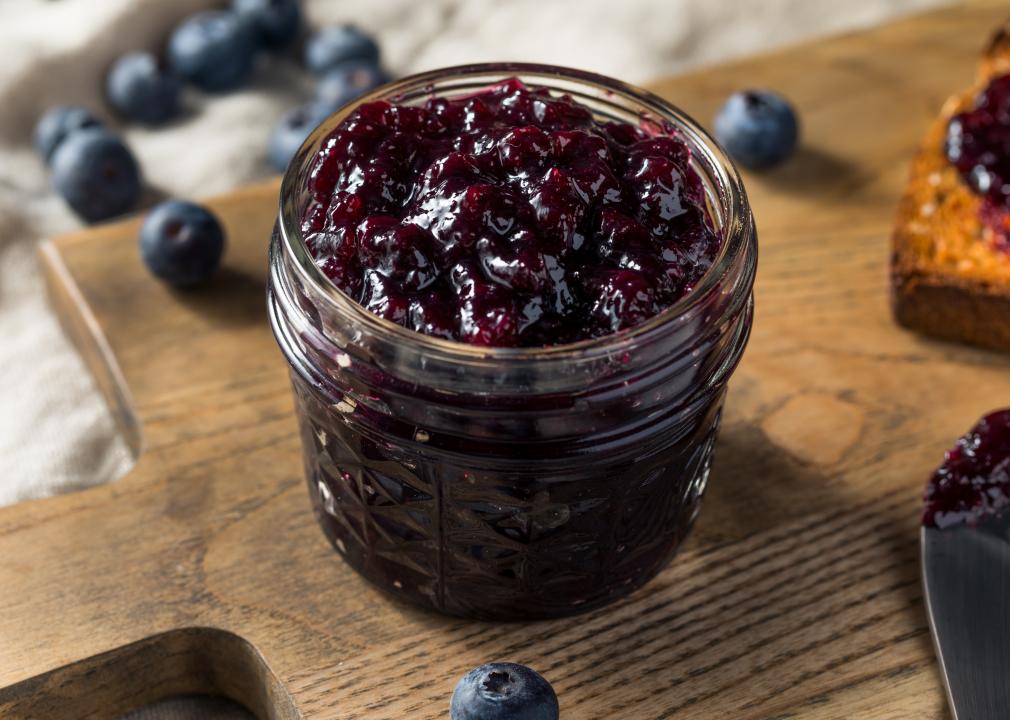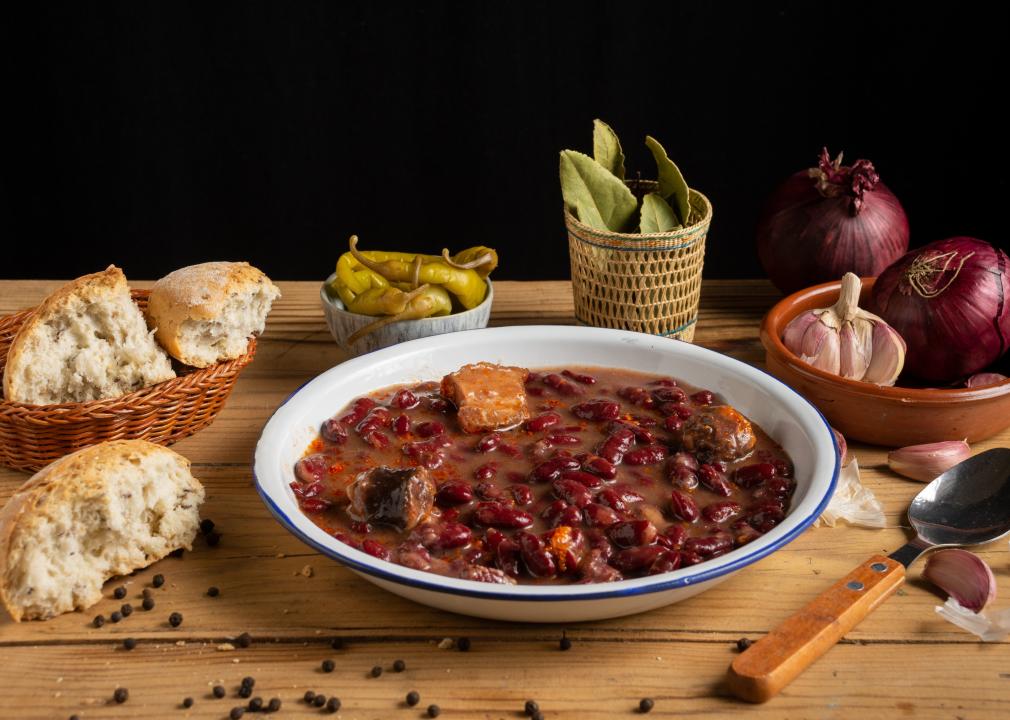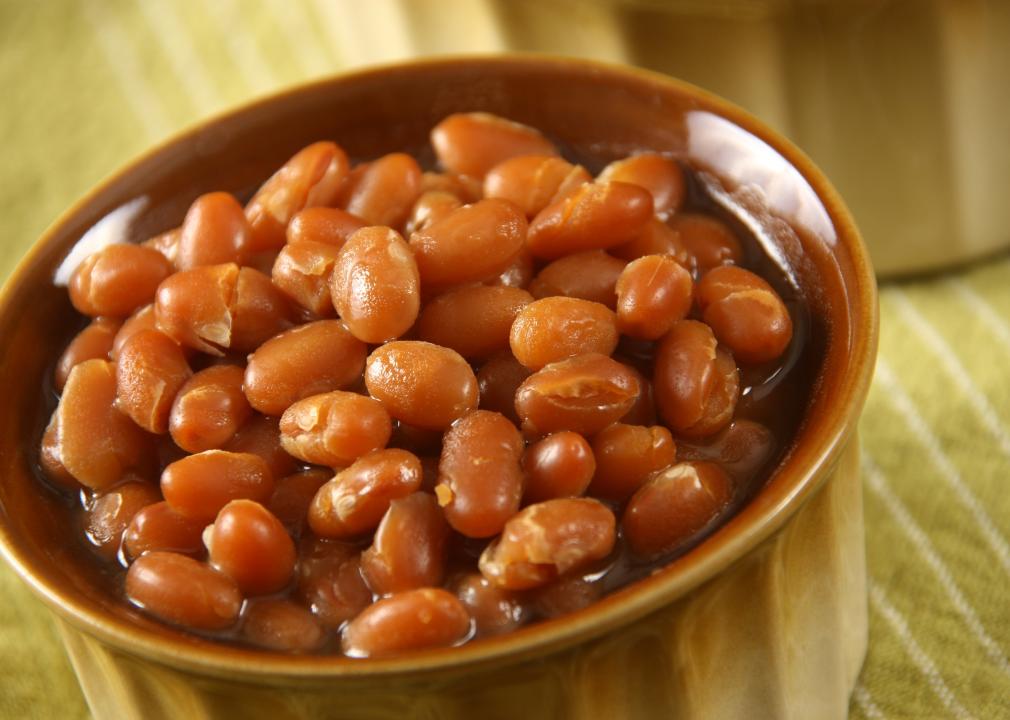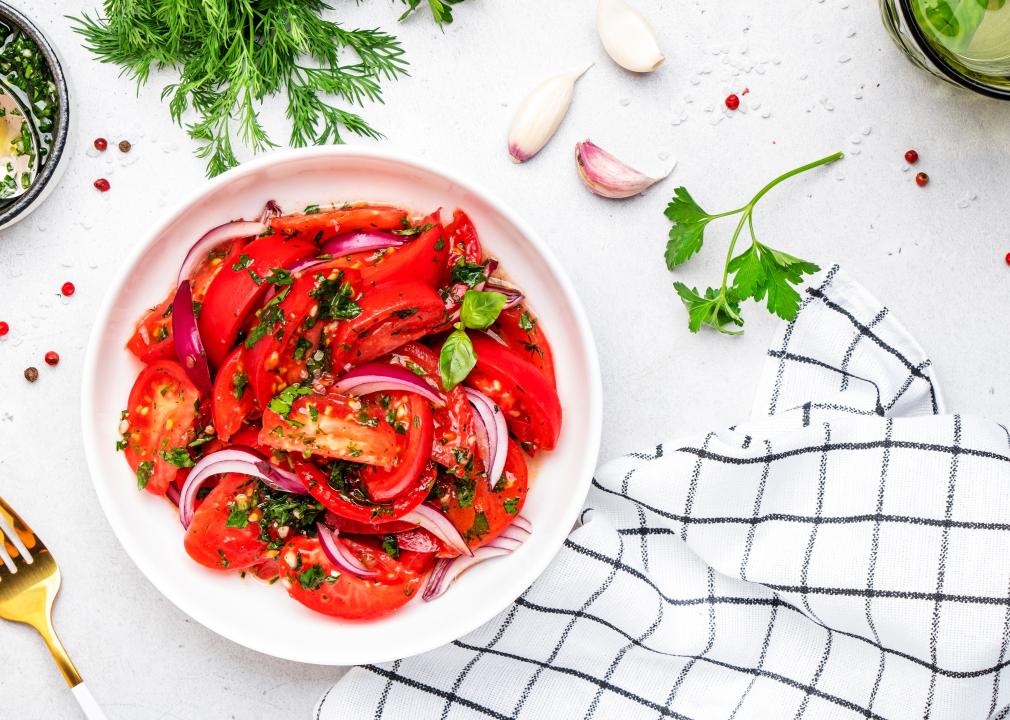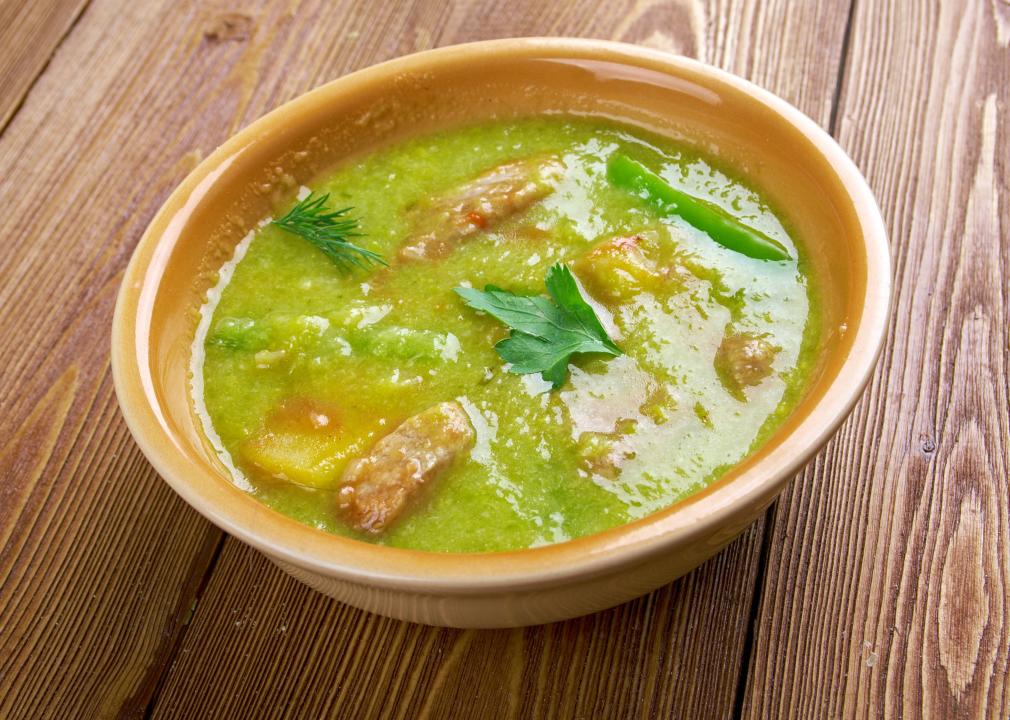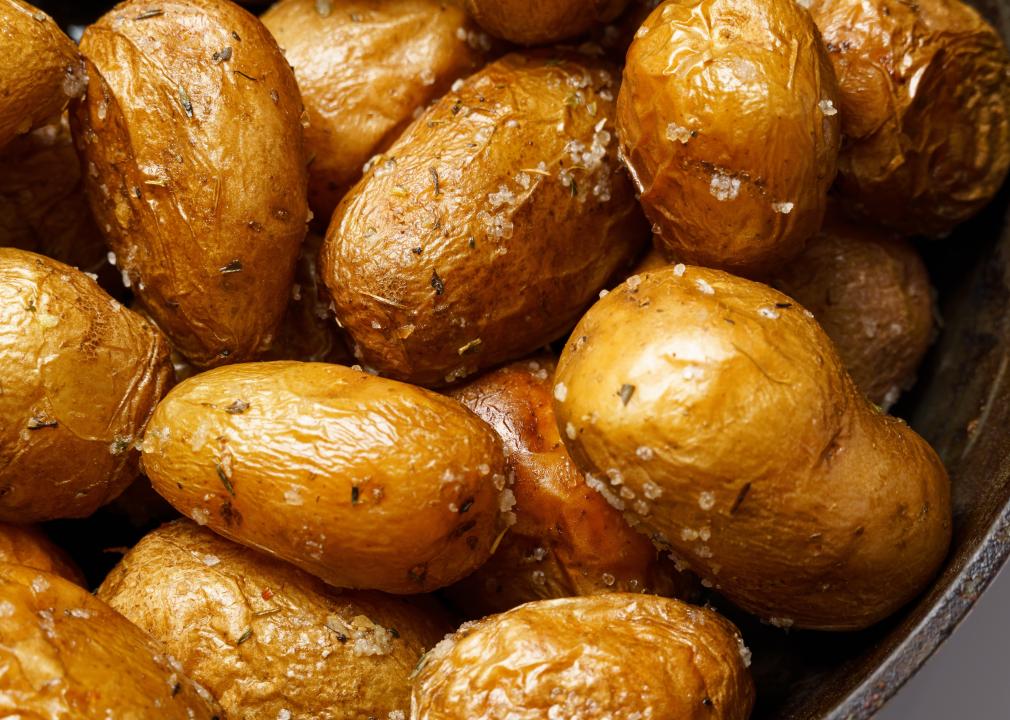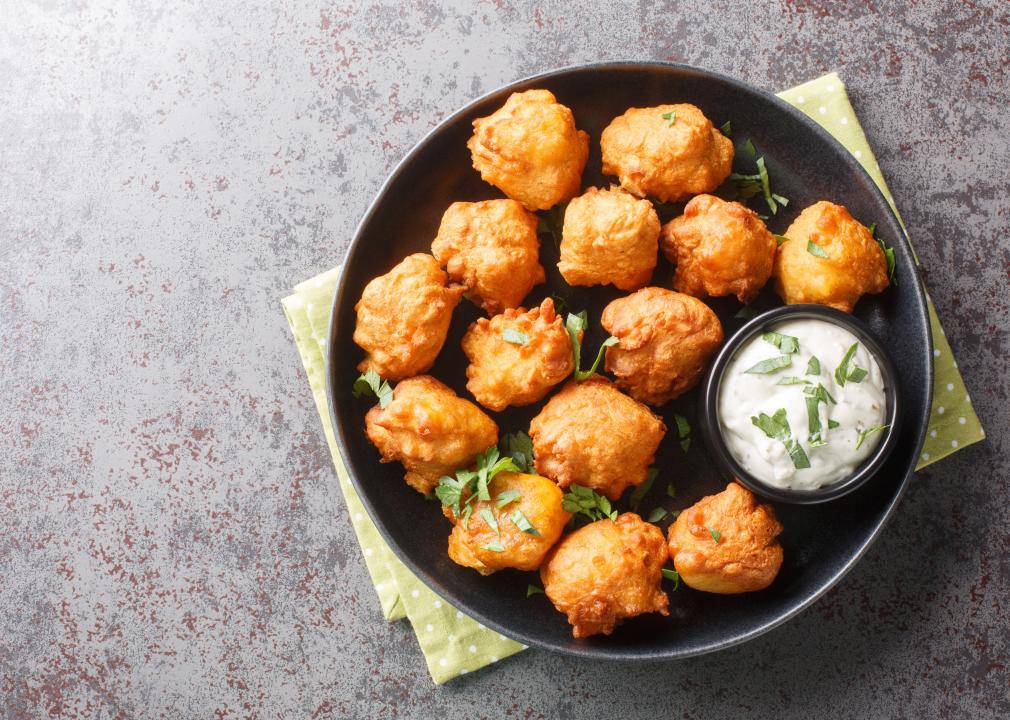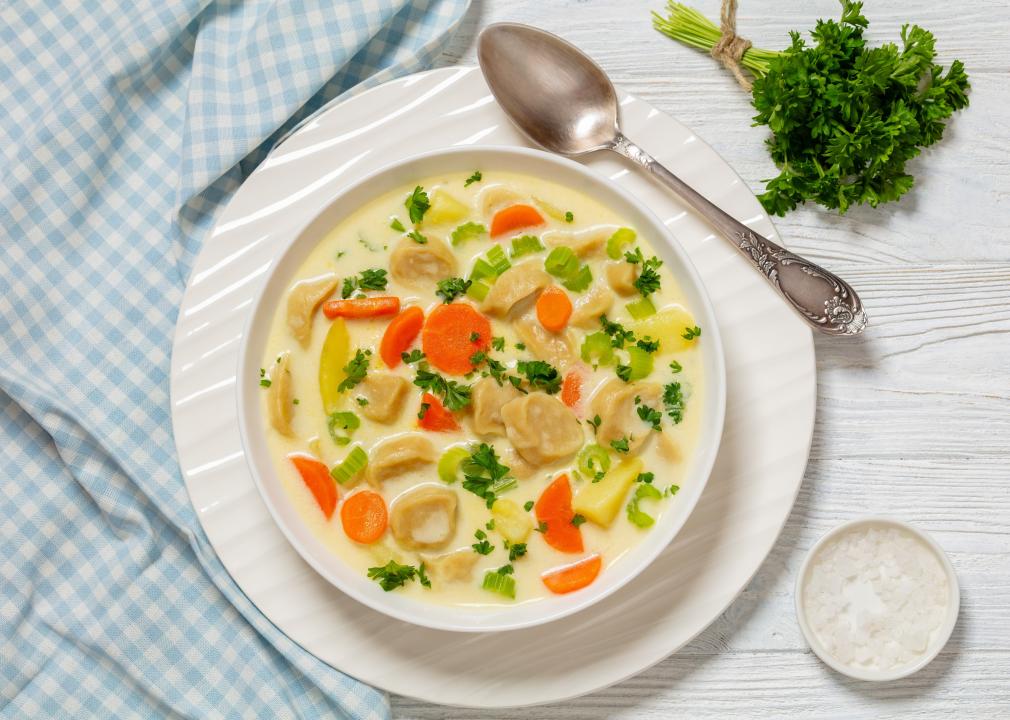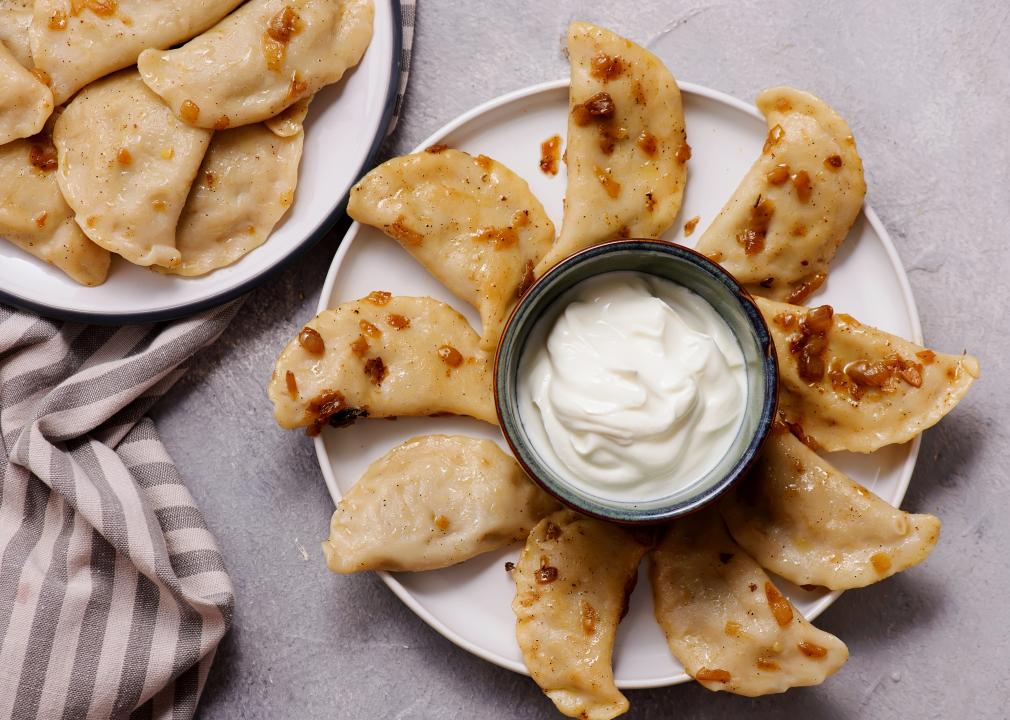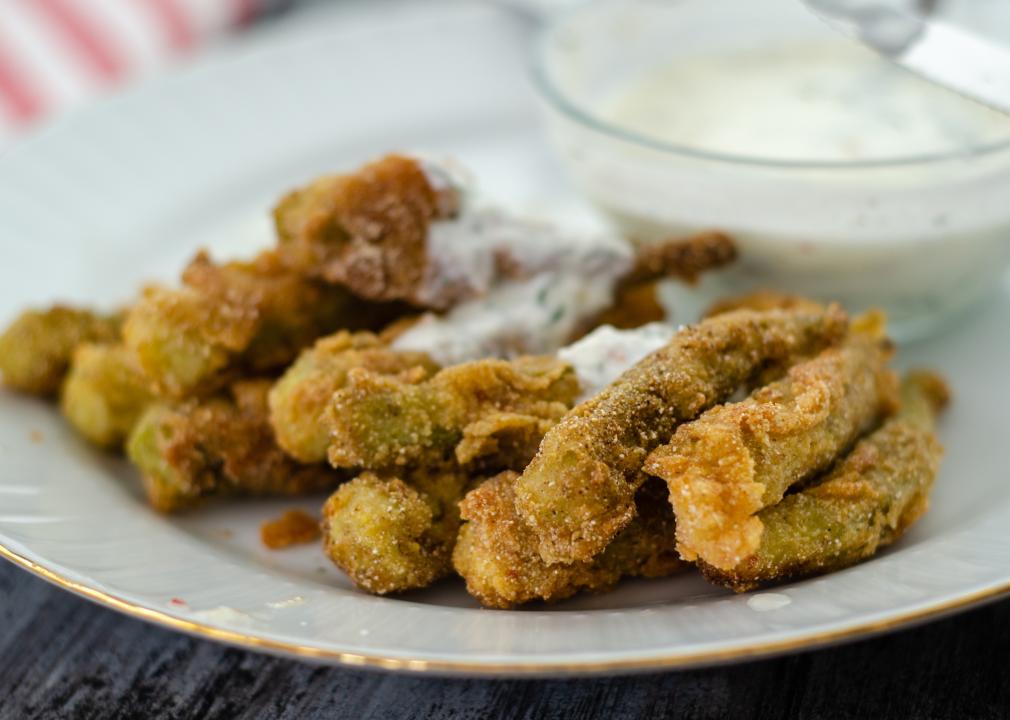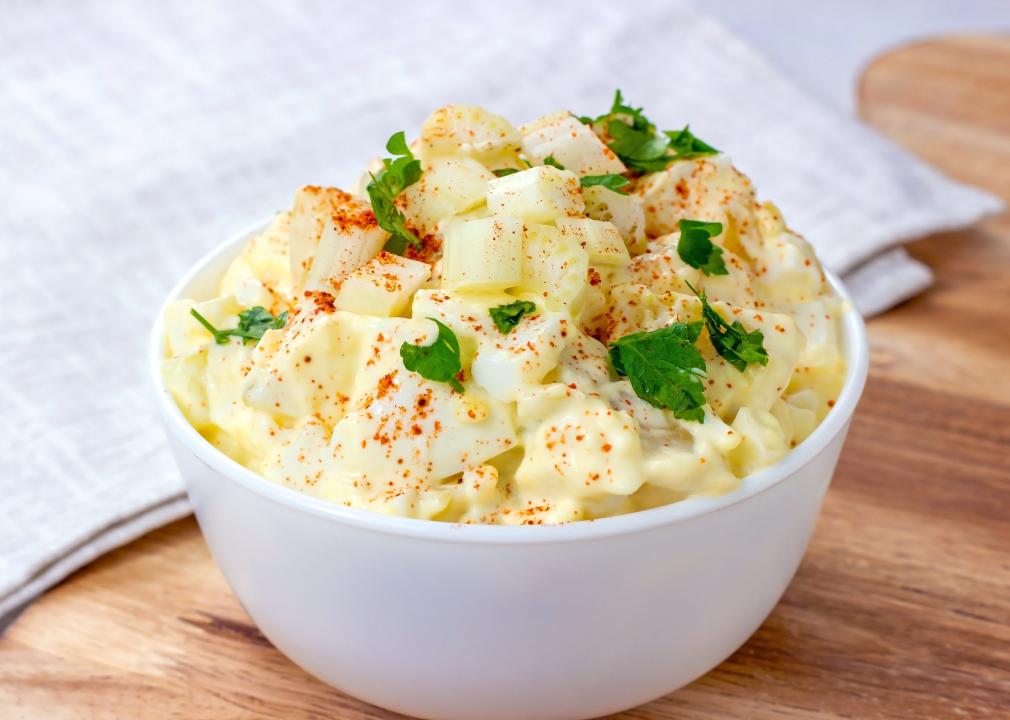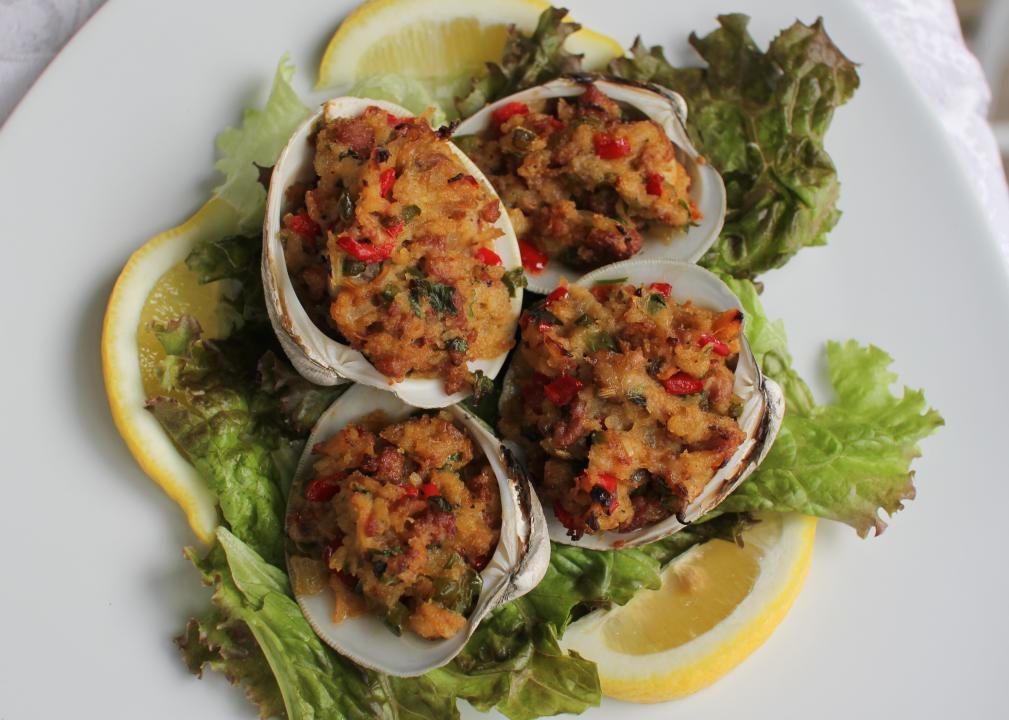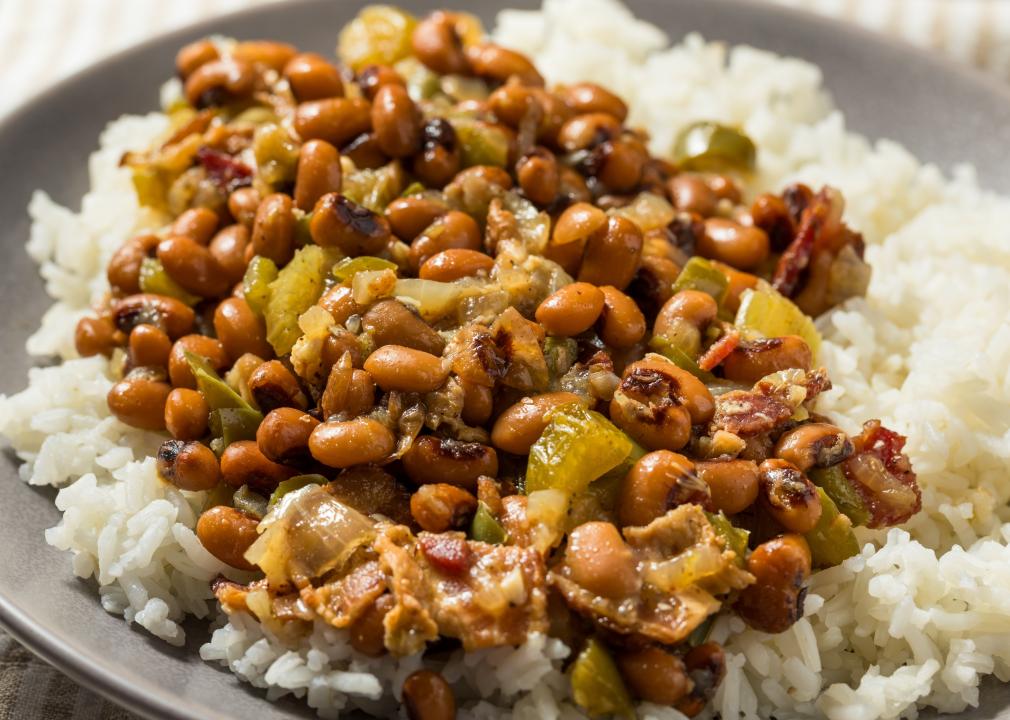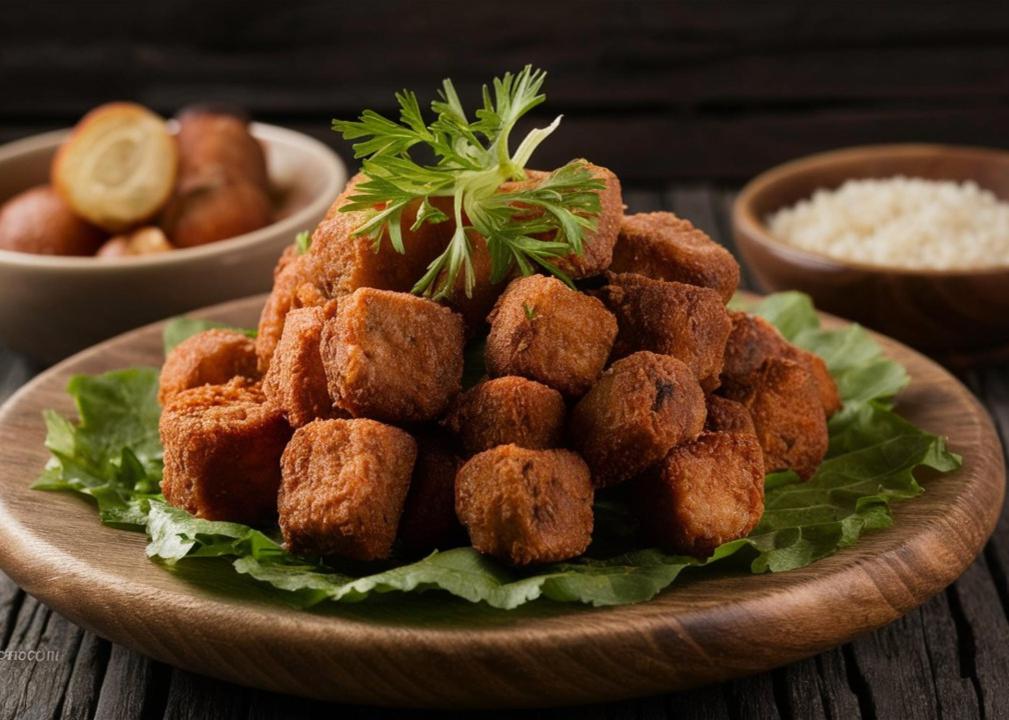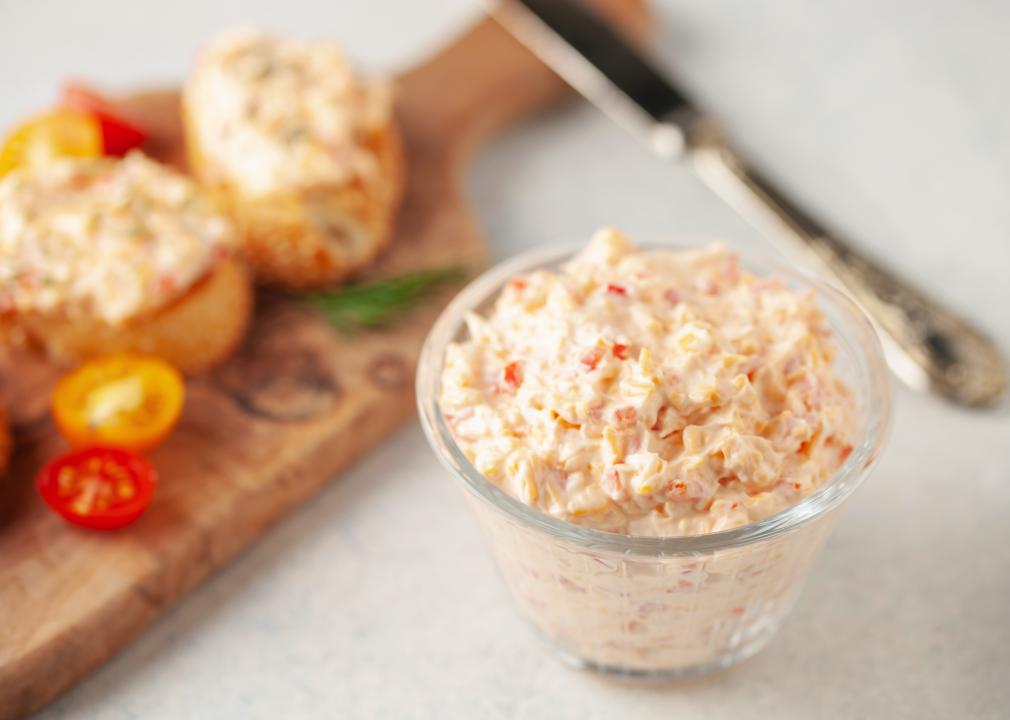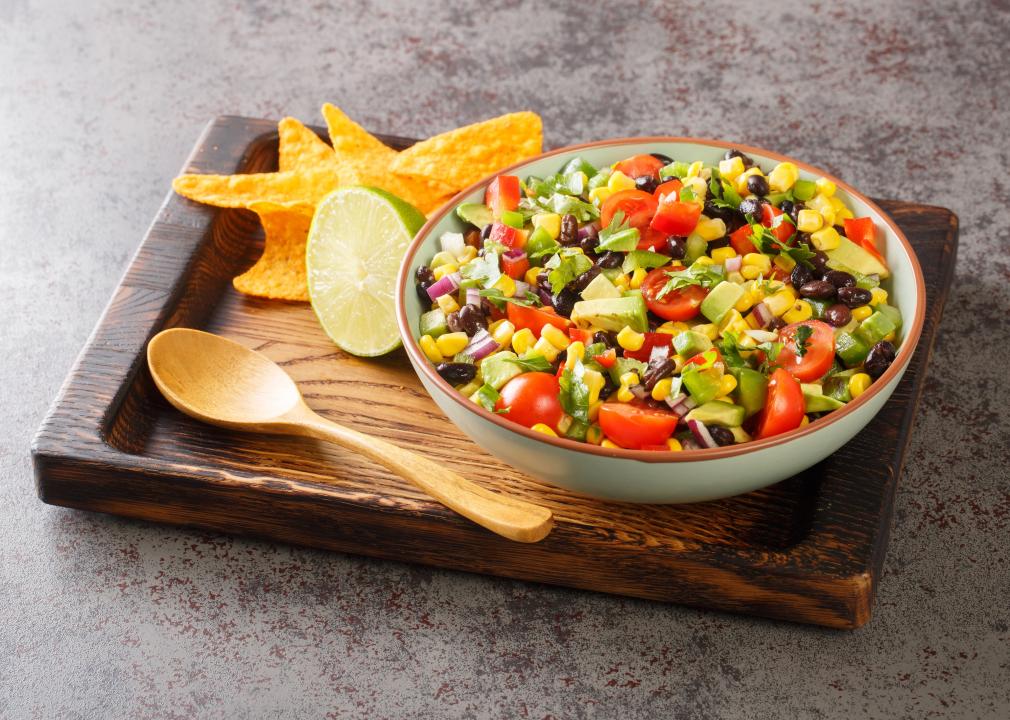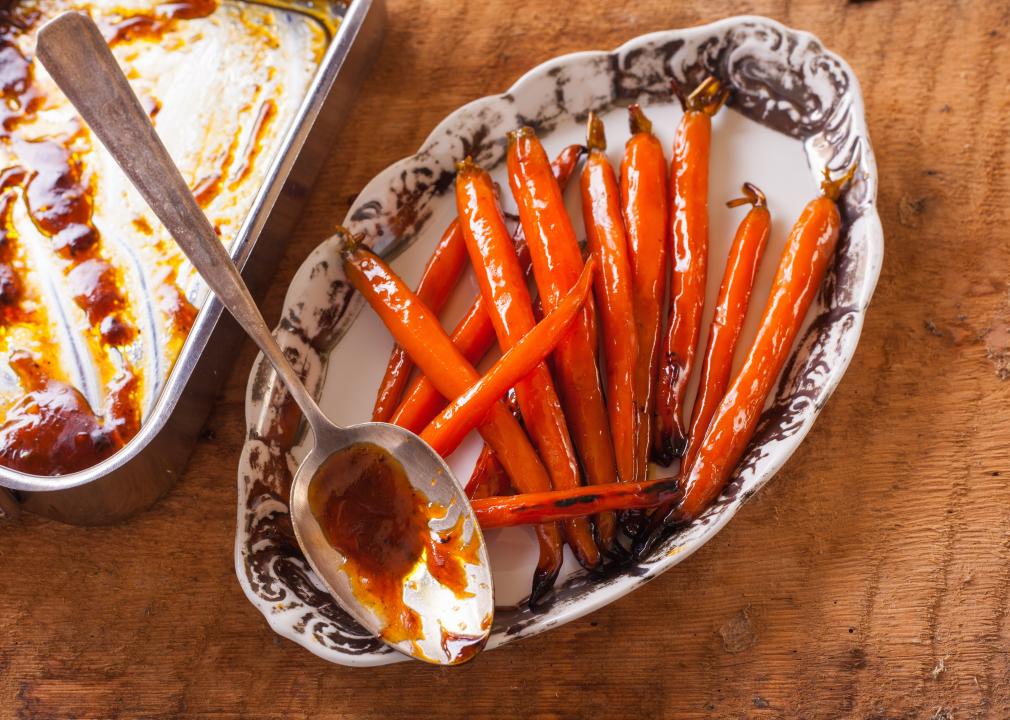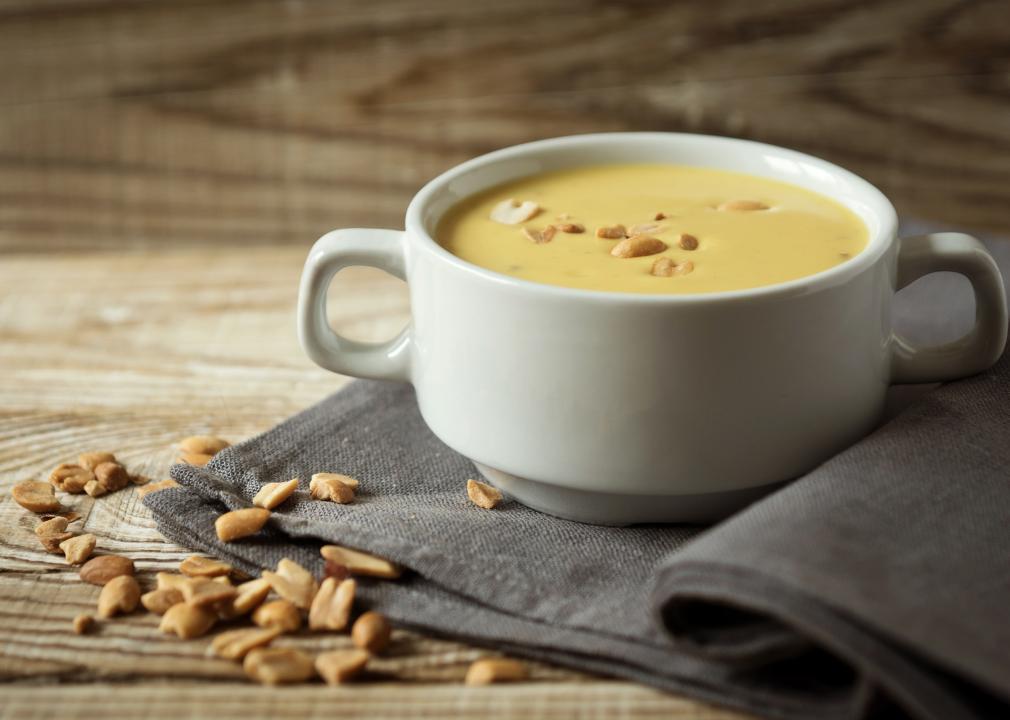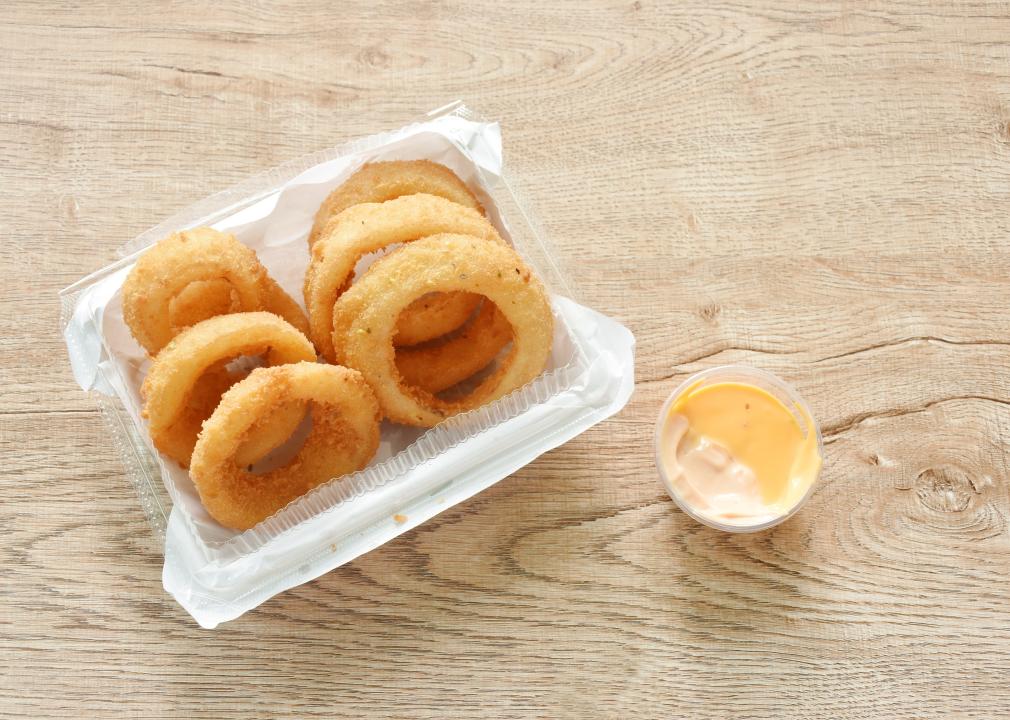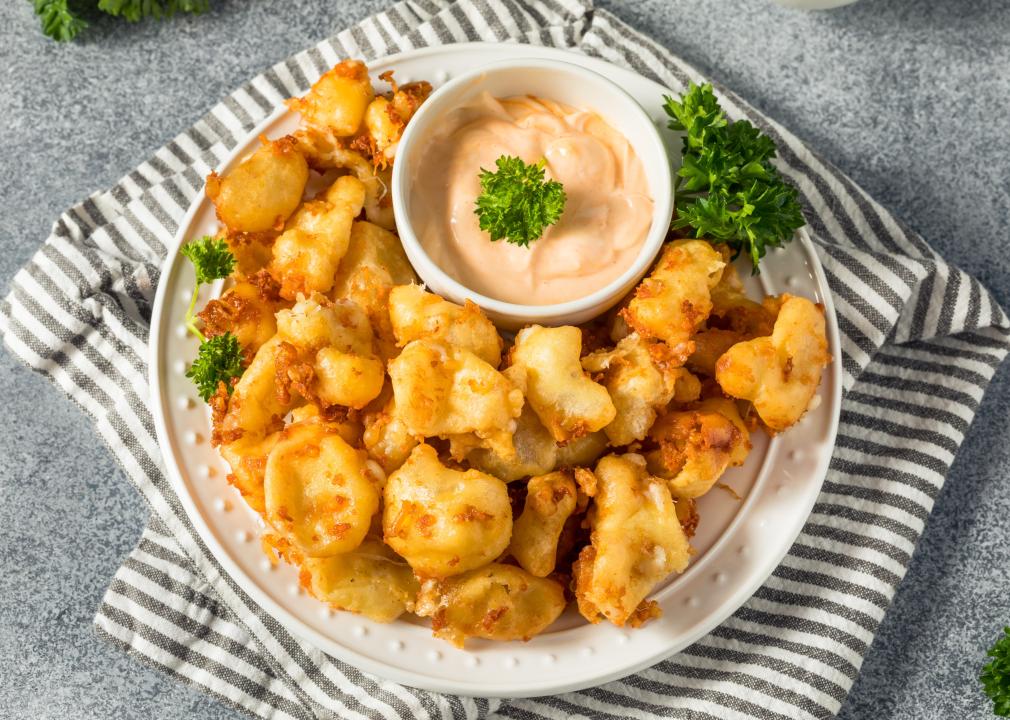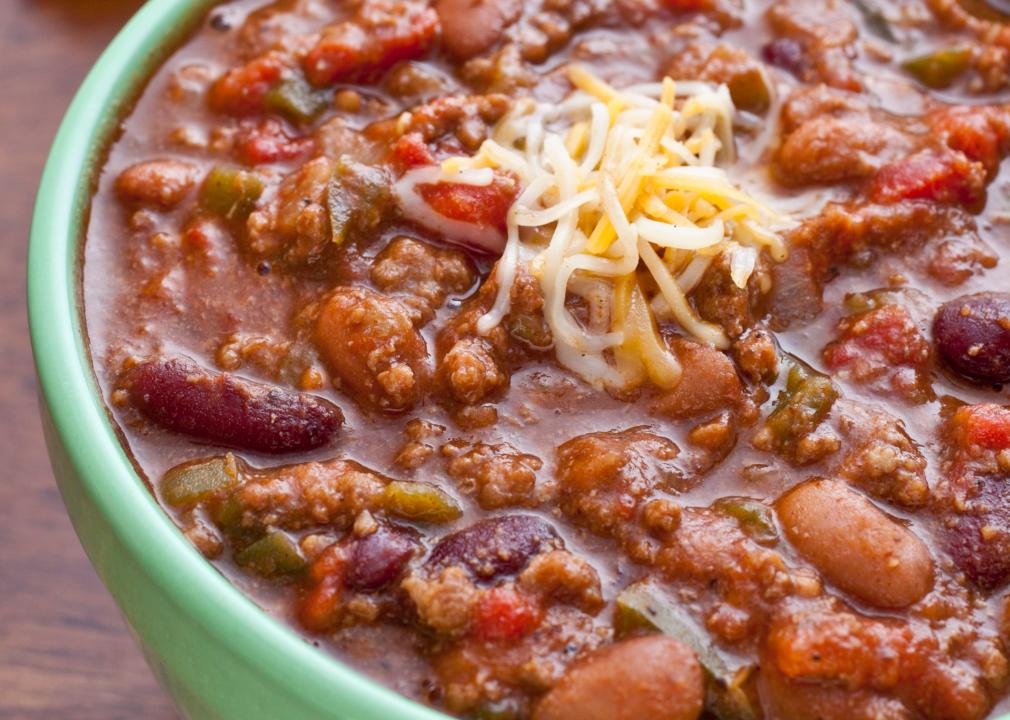Signature side dish from each state
Published 9:15 pm Tuesday, November 19, 2024
Signature side dish from each state
Side dishes have become a vital part of our collective tables and culinary culture, playing an essential role in how meals are enjoyed around the world. The tradition of complementing main courses with additional, smaller plates can be traced back centuries, with historical records indicating that even in ancient times, lavish banquets featured assortments of fruits, vegetables, breads, and sauces designed to balance flavors and enrich the dining experience. Over time, this concept has blossomed into a beloved staple of meals, with side dishes becoming as important as the entrées they accompany, showcasing regional flavors, seasonal ingredients, and cultural traditions.
The United States, in particular, is known for an array of side dishes that vary significantly from coast to coast. The country’s vast landscape provides endless inspiration, from simple, iconic sides like mashed potatoes and macaroni and cheese to more niche offerings. Comforting staples such as collard greens, fried okra, creamed corn, and cornbread serve as an expression of Southern foodways. On the West Coast, lighter options such as roasted vegetables and quinoa salads take center stage, showcasing an emphasis on locally sourced, fresh produce. The Midwest embraces heartier sides, including cheesy casseroles and buttery dinner rolls, reflecting family recipes passed down through generations.
Certain side dishes have attained near-universal acclaim, becoming trendy, Instagram-worthy must-haves. Crispy Brussels sprouts, served with a balsamic glaze or pancetta, have transformed from a misunderstood vegetable into a sought-after treat. Gourmet variations of mac and cheese and inventive takes on loaded fries continue to rise in popularity. Honorable mentions that hold their own, even if they haven’t achieved widespread fame, include regional delights such as spoonbread or Jell-O salads. Thanksgiving, the ultimate side-dish holiday, embodies enthusiasm for variety, but even outside those meals, sides hold a special place on the table, defining how Americans connect over food.
Stacker researched staple side dishes from all 50 states that felt like home to residents and highlighted a side from each state that everyone should try at least once. Keep reading for a flavorful culinary tour across the country.
You may also like: Light versus dark—the color of the turkey meat is due to the job of the muscle
![]()
SYED IBAD RM // Shutterstock
Alabama: Fried green tomatoes
Made from firm, tart green tomatoes, this dish is dredged in cornmeal and fried to crispy perfection. Fried green tomatoes became a Southern classic, especially after the 1991 film of the same name. Despite roots shrouded in mystery, fried green tomatoes have become a comfort staple made even tastier with a topping of zesty rémoulade or pimento cheese.
Mo M // Shutterstock
Alaska: Reindeer sausage
Reindeer sausage, a staple in Alaskan cuisine, combines reindeer meat with pork, beef, and spices. It’s served grilled with eggs or wrapped in a bun, and its use reflects the state’s history—introducing reindeer to Alaska—and Native influences. Some versions incorporate berries for a sweet twist.
olepeshkina // Shutterstock
Arizona: Navajo fry bread
Navajo fry bread is a soft, fluffy dough fried to a golden brown and served with honey or savory toppings such as beans and cheese. It originated after the Navajo Long Walk in the 1860s, when the Navajo (Diné) were forcibly removed from their homelands, and the dish has since become a symbol of Native American pride and unity.
Brent Hofacker // Shutterstock
Arkansas: Cheese dip
Cheese dip, made with melted processed cheese and chili sauce, was popularized in Little Rock. Known as “queso” in other parts of the country, this creamy dish is served with tortilla chips and has sparked debates about whether Arkansas, Texas, or Mexico created it. Toppings may include jalapeños or chorizo.
Elena Veselova // Shutterstock
California: Artichoke dip
California is the largest producer of artichokes in North America, and this creamy dip is made with chopped artichoke hearts, cream cheese, and Parmesan. Popularized in Monterey County, where Castroville is known as the “Artichoke Capital of the World,” it is served warm with bread or vegetables.
You may also like: Does where you live determine how you eat? New study uncovers America’s emotional eating patterns
Margaret L Dubbin // Shutterstock
Colorado: Rocky Mountain oysters
A true Western delicacy, Rocky Mountain oysters are deep-fried bull testicles, and they are served with cocktail sauce or spicy aioli. Ranchers introduced this dish as a way to make use of livestock parts, and it remains a staple at Midwestern festivals. The dish can be surprisingly tender and flavorful.
AHNsd // Shutterstock
Connecticut: Roast clams
Roast littleneck clams, cooked directly over an open flame until they blossom, originated in Guilford at The Place in the 1940s. This method resulted in a smoky clam topped with melted butter and served with a vibrant cocktail sauce. The final touch is one last roast to meld the flavors.
Richard L. Bowman // Shutterstock
Delaware: Scrapple
Scrapple, a mixture of pork scraps, cornmeal, and flour, is fried into crispy slices and served at breakfast with eggs. This dish reflects the influence of German immigrants (known as the Pennsylvania Dutch) in the region. Sweet versions come with a drizzle of maple syrup, while others use savory hot sauce.
Dennis Wildberger // Shutterstock
Florida: Conch fritters
Conch fritters are a Florida favorite, especially in the Keys. They consist of chopped conch meat mixed with flour, spices, and peppers, then deep-fried into golden, crispy balls. Served hot, they come with a tangy dipping sauce made from lime, mayonnaise, and hot sauce. Because of overfishing, it’s illegal to harvest conch, and restaurants rely on imports to fulfill cravings.
Michelle Lee Photography // Shutterstock
Georgia: Cornbread
Cornbread is a Southern staple particularly popular in Georgia—so much so that a bill was introduced to make it the state’s official bread. It combines cornmeal, buttermilk, and a touch of sugar for sweetness and is typically baked in a cast-iron skillet. The dish traces back to Native American cooking methods, and additions such as jalapeños, cheese, and honey make for an even richer flavor.
You may also like: A brief look at Black American history told through 10 food traditions
Larisa Blinova // Shutterstock
Hawai’i: Lomi-lomi salmon
Lomi-lomi salmon is made of diced raw salmon, tomatoes, sweet Maui onions, and sometimes green onions. It’s lightly salted and chilled. It is served as part of a traditional Hawaiian luau, with origins dating back to the 18th century. The dish’s name means “to massage,” referring to how ingredients are mixed by hand.
Brent Hofacker // Shutterstock
Idaho: Finger steaks
Finger steaks are strips of beef battered and deep-fried, and the dish hit the mainstream in Boise in the late 1950s. These crispy bites are typically served with fry sauce or cocktail sauce and reflect the state’s love of beef and hearty meals. Variations include seasonings such as garlic or serving them over a bed of hand-cut fries.
Lidijazivic // Shutterstock
Illinois: Giardiniera
Giardiniera is a spicy pickled vegetable medley made from cauliflower, carrots, celery, bell peppers, garlic, and hot peppers submerged in oil or vinegar. This Italian American condiment is a Chicago staple added to hot dogs and Italian beef sandwiches. Mild versions use sweet bell peppers, while spicier ones feature serrano or habanero peppers.
from my point of view // Shutterstock
Indiana: Sugar cream pie
Known as “Hoosier pie,” sugar cream pie features a custard-like filling made with cream, sugar, butter, and a dash of vanilla set in a flaky pie crust. This dessert hails from the early pioneer days of Indiana, particularly among the Quaker community. It is a simple yet indulgent treat, sometimes dusted with cinnamon or nutmeg.
Valentina_G // Shutterstock
Iowa: Corn on the cob
Iowa’s corn on the cob is a summertime favorite, boiled or grilled and slathered with butter and a sprinkle of salt. As a worldwide leader in corn production, the Hawkeye State celebrates this dish at fairs and festivals. Rolling the corn in cheese or seasoning it with cayenne pepper for added flavor is highly recommended.
You may also like: Will grocery inflation cool in 2024? Here’s what forecasts say
Candice Bell // Shutterstock
Kansas: Kansas-style baked beans
Kansas-style baked beans are flavored with molasses, brown sugar, and bacon and cooked low and slow. The dish has roots in the region’s cattle drives and barbecue culture, and Kansas City is known for serving it alongside smoked meats. Some versions incorporate bits of brisket or sausage for a heartier offering.
KITCHENADE // Shutterstock
Kentucky: Burgoo
Burgoo is a thick, hearty stew made from a mix of meats such as pork, beef, and sometimes game and simmered with vegetables such as corn, okra, and tomatoes. It has multiple origin stories but remains a staple of the Kentucky Derby and other Bluegrass State events. Enjoy it spicy or sweet.
Brent Hofacker // Shutterstock
Louisiana: Dirty rice
Dirty rice is a Cajun classic made with white rice cooked with chicken livers, bell peppers, onions, and a blend of spices, giving the dish its “dirty” appearance. It is also rooted in Black culinary history and has become a cherished part of Southern cuisine. Variations feature sausage, shrimp, or additional spices to ramp up the heat.
Maizephyr // Shutterstock
Maine: Red hot dogs
Maine’s red hot dogs, also called “red snappers,” are bright-red, natural-casing franks known for their snappy bite and unique flavor. Typically served in a butter-toasted bun at seafood shacks or lobster bakes, these sausages have been a tradition in the Pine Tree State since the early 20th century. They are topped with mustard, relish, or onions.
Zakir61 // Shutterstock
Maryland: Crab cakes
Maryland crab cakes are made from lump crab meat mixed with breadcrumbs, Old Bay seasoning, and mayonnaise, then broiled or fried. The Chesapeake Bay provides the blue crabs essential to this dish, making it a true regional delicacy. Many variations, from sandwich-style to miniature versions, serve as the perfect bite.
You may also like: Two agencies oversee food inspection in the US, but who regulates what? It’s complicated.
SurrealSee // Shutterstock
Massachusetts: Boston baked beans
Boston baked beans are a slow-cooked dish made with navy beans, molasses, salt pork, and a touch of mustard. Originally a staple of Native Americans, this colonial-era fare dates back to when the region had an abundance of molasses from trade with the Caribbean. The beans are typically served in a pot, embodying the historical ties to Boston’s nickname, “Beantown,” and are ubiquitous at local gatherings.
AS Foodstudio // Shutterstock
Michigan: Cherry salad
Michigan’s cherry salad features locally sourced cherries mixed with greens, apples, crumbled blue cheese, and chopped nuts. The state is the nation’s leading producer of tart cherries, and this dish is found at summer picnics or holiday dinners. A tangy vinaigrette ties the salad together.
Brent Hofacker // Shutterstock
Minnesota: Tater tot hotdish
Tater tot hotdish is a casserole made with ground beef, vegetables, and creamy soup (such as cream of mushroom) and topped with crispy tater tots. It emerged from church potluck culture and remains a favorite in the Upper Midwest, with each family boasting its version. Some recipes incorporate cheese or use ground turkey as a leaner meat option.
Fanfo // Shutterstock
Mississippi: Comeback sauce
Comeback sauce is a tangy and spicy condiment made with ketchup, mayonnaise, yellow onion, chili sauce, Worcestershire, and lemon juice, and it’s commonly served as a dip or dressing. This Mississippi specialty originated in Jackson’s Greek restaurants and remains a Southern favorite. It pairs well with everything from fried catfish to French fries, embodying the state’s love for bold flavors.
Ezume Images // Shutterstock
Missouri: Toasted ravioli
Toasted ravioli is deep-fried ravioli filled with cheese or meat served with marinara for dipping. This dish originated in St. Louis, reportedly by accident, in an Italian American neighborhood called The Hill, though this is up for debate. It is sprinkled with grated Parmesan for that extra cheesy goodness.
You may also like: How to host the ultimate wine tasting
Brent Hofacker // Shutterstock
Montana: Huckleberry jam
Montana’s huckleberry jam is made from wild huckleberries, which grow abundantly in mountainous areas. The jam is served with toast, pancakes, or even ice cream, capturing this fruit’s natural sweetness and tartness. The berries are handpicked and highly prized, making them a treasured regional specialty.
from my point of view // Shutterstock
Nebraska: Corn fritters
Corn fritters, fried to golden perfection, are served with syrup, butter, or a savory tomato jam. Nebraska, the Cornhusker State, has a rich agricultural heritage, and corn is a celebrated staple at festivals and fairs.
Arantxa Forcada Garcia // Shutterstock
Nevada: Basque beans
Basque beans are a hearty side dish made from red or pinto beans and cooked with ham, garlic, and onions. They reflect Nevada’s Basque immigrant influence. Basque restaurants, especially in Northern Nevada, serve them with salad alongside traditional lamb dishes or as part of communal meals. Recipes vary, with some adding green peppers for depth.
julie deshaies // Shutterstock
New Hampshire: Maple baked beans
Maple baked beans are slow-cooked with New Hampshire maple syrup, salt pork, and spices. This dish is a testament to the state’s maple syrup industry and is traditionally prepared in a beanpot. Variations add a dash of mustard or cider vinegar to balance the syrup’s sweetness.
5PH // Shutterstock
New Jersey: Jersey tomato salad
Jersey tomato salad features ripe, juicy tomatoes sliced and dressed with olive oil, basil, and sometimes fresh mozzarella. The Garden State is known for its vibrant, flavorful tomatoes; this simple dish highlights the produce at its peak. Variations include adding balsamic vinegar or a sprinkle of sea salt.
You may also like: Sticker shock at the supermarket? These states have taken the biggest grocery price inflation hit
Fanfo // Shutterstock
New Mexico: Green chile stew
Green chile stew, a warming dish of tender pork or beef, potatoes, and the state’s signature Hatch green chiles, embodies the flavors of New Mexico. The stew is slowly simmered with garlic, onions, and cumin, creating a deeply savory and spicy experience that locals enjoy year-round. The chiles, cultivated in the Hatch Valley, have a distinct taste that puts this dish on the culinary map, and New Mexicans take pride in roasting them to perfection.
s_oleg // Shutterstock
New York: Salt potatoes
Salt potatoes are a regional specialty from Central New York and particularly popular in Syracuse, where they originated in the 1800s among Irish salt miners. The dish is simple: Small, unpeeled potatoes are boiled in heavily salted water, which is drained to form a crust on their skins, and then served drenched in melted butter. The salty exterior contrasts with the fluffy interior, making these potatoes a beloved summer side at clambakes and barbecues.
AS Foodstudio // Shutterstock
North Carolina: Hush puppies
Hush puppies are a Southern comfort food closely associated with North Carolina, where they accompany fried fish and barbecue. Made from a cornmeal-based batter flavored with chopped onions and sometimes a hint of sugar, the dough is deep-fried into crispy strips. The origins of hush puppies are shrouded in folklore, with one story claiming that cooks tossed the treats to dogs to “hush” them.
from my point of view // Shutterstock
North Dakota: Knoephla soup
Knoephla soup, a thick and hearty dish, is a North Dakota classic brought to the region by German-Russian immigrants. The soup features dumplings (knoephla) made from simple dough swimming in a creamy broth with potatoes, celery, and onions. Associated with the state’s agricultural and immigrant heritage, it remains a popular comfort food during long, harsh winters. Variations include chicken or fresh herbs, but the rich, buttery base and pillowy dumplings are always front and center.
zoryanchik // Shutterstock
Ohio: Pierogies
Ohio, particularly areas with a strong Polish American presence like Cleveland, has embraced pierogies as a beloved side dish. These dumplings are made from unleavened dough and are filled with a variety of ingredients, including potatoes, cheese, sauerkraut, and meat, then boiled and pan-fried until crispy. The dish traces back to Eastern European immigrants who brought their recipes to the Midwest, where pierogies are now served at church festivals, local eateries, and even ballgames.
You may also like: 23 Halloween candies ranked from healthiest to unhealthiest
Nazile Keskin // Shutterstock
Oklahoma: Fried okra
This quintessential Oklahoma vegetable grows well in the warm climate. Sliced okra pods are coated in seasoned cornmeal and fried until crispy, creating a delightful contrast between the crunchy exterior and tender interior. With roots that trace back to Africa, the vegetable has become a staple in Southern cuisine and Sooner State kitchens, where it is served with barbecue or comfort foods.
Zigzag Mountain Art // Shutterstock
Oregon: Marionberry pie
Marionberry pie is a celebrated side or dessert in Oregon. It showcases the unique marionberry, which was developed at Oregon State University. The filling is made from marionberries, sugar, and a touch of lemon juice and encased in a flaky crust, capturing the sweet-tart flavor of the berries. Marionberries are referred to as the “king of blackberries” and thrive in the Willamette Valley, making this pie an essential part of summer celebrations in the state.
KatMoys // Shutterstock
Pennsylvania: Amish potato salad
A Pennsylvania classic, Amish potato salad is made with potatoes, hard-boiled eggs, celery, and a creamy mayonnaise, mustard, vinegar, and sugar dressing. This dish comes from the state’s rich Amish culinary traditions, emphasizing simple, hearty, and homemade flavors. The dressing’s sweet and tangy taste sets this potato salad apart from others, and it is a staple at picnics, potlucks, and Amish markets.
GPhotoImage // Shutterstock
Rhode Island: Stuffed quahogs
Stuffed quahogs, or “stuffies,” are a beloved Rhode Island dish made from large, local quahog clams. The clams are chopped and mixed with breadcrumbs, herbs, bell pepper, and linguiça (a type of Portuguese sausage), then baked in clam shells until golden. This dish highlights the state’s rich coastal heritage and immigrants’ influence. A touch of hot sauce adds extra heat, but the briny essence of the quahogs remains central to the dish.
Brent Hofacker // Shutterstock
South Carolina: Hoppin’ John
Hoppin’ John is a classic dish that features black-eyed peas, rice, smoked pork, and onions and is often served on New Year’s Day for good luck. It has roots in the Gullah culture of the Lowcountry, reflecting African and Caribbean influences. The dish is typically seasoned with salt, pepper, and sometimes hot sauce or cayenne and garnished with fresh scallions. Leftovers are transformed into skippin’ Jenny to promote continued prosperity, making this a versatile and symbolic dish.
You may also like: 10 major fried chicken chains in the US, ranked by popularity
Food Fantasy // Shutterstock
South Dakota: Chislic
Chislic is a popular South Dakota dish consisting of cubed and deep-fried or grilled meat, usually lamb, beef, or venison, seasoned with garlic salt and served with toothpicks. The dish originated from Russian-German immigrants in the late 19th century and has become a staple at local bars and gatherings. Traditionally, chislic is enjoyed with crackers, hot sauce, and sometimes a cold beer, with regional variations in meat selection and seasoning. In 2018, South Dakota declared chislic the state’s official “nosh,” cementing its cultural significance.
NatalyaBond // Shutterstock
Tennessee: Pimento cheese
A Southern favorite, pimento cheese is a creamy spread made from sharp cheddar, mayonnaise, and pimentos (cherry peppers) served cold with tortilla chips, crackers, or refreshing crudités. It’s a classic crowd-pleaser, and there are many ways to eat it. The origin story of pimento cheese begins in New York, and pimento peppers and pimento cheese were later canned in Tennessee.
AS Foodstudio // Shutterstock
Texas: Texas caviar
Texas caviar, also called “cowboy caviar,” features a medley of black-eyed peas, black beans, corn, tomatoes, and bell peppers. Variations are endless. It’s an everything-but-the-kitchen-sink concoction that pairs well with your favorite tortilla chips. The dish was created in the 1940s by chef Helen Corbitt, who later became culinary director for Neiman Marcus in Dallas.
Brent Hofacker // Shutterstock
Utah: Funeral potatoes
Funeral potatoes, a beloved comfort dish, are made from hash browns mixed with sour cream, cheese, cream of chicken soup, and a crispy cornflake or breadcrumb topping. The dish’s name originates from its common presence at Mormon funerals, but it’s widely enjoyed throughout Utah at family gatherings and holiday dinners. The blend of rich, savory flavors and crunchy topping make it irresistible, and variations include diced ham or green onions for extra flavor.
Magnago // Shutterstock
Vermont: Maple-glazed carrots
Maple-glazed carrots are a classic Vermont side dish that showcases the state’s world-famous maple syrup. Carrots are roasted or sautéed and then glazed with a mixture of Vermont maple syrup, butter, and a touch of salt, enhancing their natural sweetness. The state’s high-quality maple syrup production dates back to Native American foodways, and variations of the side include a splash of cider, beer, or wine to complement the syrup’s richness.
You may also like: 2024’s best cities for grilling meat
Olga Mazina // Shutterstock
Virginia: Peanut soup
Peanut soup is a unique and historical dish rooted in Virginia’s long association with peanut farming, especially in the Southeast. The soup is made from finely ground peanuts, onions, celery, chicken stock, and cream, resulting in a rich, velvety texture. Garnished with crushed peanuts or a swirl of cream, it is a reminder of the state’s agricultural and cultural history.
pedphoto36pm // Shutterstock
Washington: Walla Walla sweet onion rings
Walla Walla sweet onion rings are a crispy and savory side dish highlighting Washington’s famous Walla Walla sweet onions. The onions, known for their mild and sweet flavor, are sliced into thick rings, dipped in a seasoned batter, and fried until golden and crunchy. This dish begins with the fertile soil of the Walla Walla Valley, where these onions have been cultivated since the late 1800s. Variations include different coatings, such as panko or cornmeal, but the onions’ natural sweetness always shines through.
AS Foodstudio // Shutterstock
West Virginia: Pepperoni rolls
Pepperoni rolls, a simple yet flavorful side dish or snack, are West Virginia’s culinary pride, created in the 1920s by Italian immigrant coal miners. The rolls consist of soft white bread dough baked with sticks or slices of pepperoni inside, which releases oil and flavors the bread. Designed as a convenient, shelf-stable lunch for miners, they are now enjoyed at bakeries and family gatherings across the state. Some versions include cheese, peppers, or sauce, but the original recipe remains a cherished part of Mountain State heritage.
Brent Hofacker // Shutterstock
Wisconsin: Fried cheese curds
Fried cheese curds are an iconic side dish in Wisconsin, the heart of America’s dairyland. Fresh cheese curds, known for their squeaky texture, are dipped in batter or breading and deep-fried until golden brown and melty inside. This dish celebrates the state’s status as a leading cheese producer and is a must-have at county fairs, sporting events, and roadside diners. Dipping sauces like ranch or marinara are served alongside, but the fresh curds’ flavor is the star.
Scott Erb // Shutterstock
Wyoming: Bison chili
Bison chili is a hearty and flavorful dish that embodies Wyoming’s frontier heritage and love for local game. Made with ground bison, beans, tomatoes, chili powder, and other spices, the dish pays homage to the Equality State’s history of bison ranching, with the animal a symbol of the American West. The chili can be served with cornbread or over French fries.
Story editing by Mike Taylor. Copy editing by Robert Wickwire. Photo selection by Clarese Moller.
You may also like: 3 ways plant-based diets affect the health of your skin



